The newest registered user is mark5
Our users have posted a total of 48861 messages in 7215 subjects

WORLD CLOCK
INFORMATION VINE * 50 Unreleased Photos of Hawaii's History * 2 parts
Valley of the Sun Casual Club :: WORDS , FACTS , DATES , GAMES & TRIVIA & HISTORY :: INFORMATION VINE
 INFORMATION VINE * 50 Unreleased Photos of Hawaii's History * 2 parts
INFORMATION VINE * 50 Unreleased Photos of Hawaii's History * 2 parts

Photo Courtesy: [VW Pics/Getty Images]
Hawaii is the fiftieth state of the United States, and it is the only state outside North America. Hawaii is the only U.S. state made up entirely of islands and the only state in the tropics. It is also known as "The Aloha State." Hawaii became the fiftieth state in 1959.
It is the eighth-smallest state. The natural scenery, warm climate, public beaches, and oceanic surroundings make it a popular destination for tourists. The islands are the tops of volcanoes, with some of them still active.
Fireworks in celebration of the unconditional surrender of Japan
Victory over Japan Day, V-J Day, is the day Imperial Japan surrendered in World War II, bringing the war to an end. August 15 is the official V-J Day, and the formal surrender occurred aboard the USS Missouri in Japan. Cheers, celebrations, parades, and tears broke out across Hawaii when the war officially came to an end. For a week straight, they celebrated.

Photo Courtesy: [Historical/Getty Images]
There was a huge parade, barbecues, and dancing. “Others who could find nothing with which to make noise just shouted and whopped it up with whatever wax they could. Auto horns were honked, radios blared, and conversation buzzed.” ----- Karl Wray
Congresswoman Patsy Mink
Patsy Mink was an American politician; she was born and raised on the island of Maui. She opened her own practice in 1953 and became a member of the Democratic Party. She became the first Japanese-American woman to serve in the territorial House and, two years later, became the first woman to serve in the territorial Senate. In 1964, Mink won a seat in the U.S. House of Representatives.

Photo Courtesy: [Hulton Archive/Getty Images]
She was the first woman of color to be elected to Congress. She served twelve terms and worked on the legislation of importance to women, children, immigrants, and minorities. Mink was also the first East Asian-American woman to seek the presidential nomination of the Democratic Party. Until her death in 2002, she served in the U.S. House.
Vietnam crisis in Hawaii
During the Vietnam War, Hawaii contributed its share. The 25th Infantry Division deployed from Schofield Barracks in early 1966. Many Hawaiians volunteered or were drafted, and over 500 Guardsmen saw combat duty in Vietnam. In 1968, the 29th Infantry Brigade, Hawaii National Guard, was ordered to active duty at Schofield Barracks.

Photo Courtesy: [Bettmann/Getty Images]
The Declaration of Honolulu in 1966. In 1967, President Lyndon Johnson presented a personal letter to North Vietnam and petitioned the North Vietnamese leadership to discuss a cease-fire for the upcoming new year. He hoped to resolve the Vietnam civil conflict.
Astronaut Training, Hawaii
The Hawaii Space Exploration Analog and Simulation is on the Hawaiian mountain of Mauna Loa. Hawaii contributed to NASA by housing a tracking station for early human space flights, served as the first port of call for astronauts returning from the moon, provided sites for geology training for astronauts, and landscapes that mimic the surface of Mars.

Photo Courtesy: [Evans/Getty Images]
The island of Oahu became a focal point for the recovery of Apollo missions returning from the moon. Recovery ships sailed from Pearl Harbor to meet the returning crew and take them to Honolulu. “There were an awful lot of people on the route between where they offloaded us from the recovery ship Hornet and transported us to Hickman. And the astronauts were amazed by the reception of the public.” -----John Hirasaki
John F. Kennedy in Hawaii
In 1963, President John F. Kennedy arrived in Hawaii. Kennedy started the next day by visiting the USS Arizona Memorial and paying respects to the fallen. He went to Hawaii to tell mayors from many U.S. cities that black Americans deserved equal rights. On Kennedy's way back to the airport, he stopped at the Academy of Art to autograph a bowl that is now kept by the Harvard Club of Hawaii.

Photo Courtesy: [Hulton Archive/Getty Images]
The 1961 Lincoln convertible that he rode in Honolulu carried him to his death in Dallas five months later. "This island represents all that we are and all that we hope to be. I say they should be equal in their chance to develop their character, their motivation, and their ability." ------ President Kennedy
Fashion show in Honolulu, Hawaii
In the 1960s, fashion was flower power, animal prints, longer hair for men, pale lipstick, dark eyeliner, and groovy patterns. The Aloha shirt or Hawaiian shirt is a style of dress shirt originating in Hawaii. They are buttoned and collared dress shirts, usually short-sleeved and cut from printed fabric. They would be worn as casual wear and informal business attire.

Photo Courtesy: [Hulton Archive/Getty Images]
Traditional Aloha shirts are usually adorned with Hawaiian quilt designs and simple floral patterns. The locals tended to shy away from the “too wild” Aloha shirts. In 1965, Bill Foster led a campaign lobbying for Aloha Friday. It was a day that employers would allow men to wear Aloha shirts on the last business day of the week, a few months of the year. Aloha Friday officially began in 1966.
Hawaii During WWII
From 1941 to 1944, Hawaii was under Martial Law. Civilian government was dissolved, and a military governor was appointed. Under martial law, every facet of Hawaiian life was under the control of the military governor. All residents over the age of six were fingerprinted. Blackouts and curfews were imposed, food and gasoline were rationed, the news, media, and mail were censored, alcohol was prohibited, and business hours were assigned.

Photo Courtesy: [Lass/Getty Images]
Violations meant punishment without appeal by the military. After the attacks at Pearl Harbor, there were 37% of residents of Japanese descent. The military officials doubted the loyalty of the island’s many Japanese Americans. “I wasn’t supposed to speak Japanese anymore. It was almost like a sin.” ----- Jane Kurahara
Polo in Honolulu, Hawaii
Polo was introduced to Hawaii from Asia through an Australian cowboy visiting from India. Hawaii’s polo fields were like a necklace of emeralds spread across the island chain. The special bond of athletic talents between horse and rider has helped polo evolve into The Sport of Kings. The first recorded polo match in Hawaii was in 1880 on a Palama field. King David Kalakaua enjoyed horse racing and polo, so he turned Kapiolani Park into a race track and a polo field.

Photo Courtesy: [Lass/Getty Images]
The peak in polo’s popularity lasted about 20 years but gradually faded. However, there is still a faithful following in Hawaii. “They used to play arena polo on Saturday nights in the old termite palace, Honolulu Stadium.” ------Allen hoe
Dillingham Construction Office in Honolulu, Hawaii
Walter F. Dillingham founded Hawaiian Dredging Construction Company, Inc. in 1902. It is the oldest and largest full-service general contractor in the State of Hawaii. Some early projects were the entrance to Pearl Harbor, the Ala Wai Canal, and Honolulu’s waterfront development. They also constructed some landmark projects like the King Kalakaua Building and the Honolulu Museum of Art.

Photo Courtesy: [Bloomberg/Getty Images]
They completed two five-star hotels, the four seasons Wailea Hotel in Maui and the Hawaii Prince Hotel in Waikiki. They built many of the roads and highways for Hawaii and then Ala Moana Shopping Center. Dredging played an important role in developing Hawaii’s economy and infrastructure and improving the islanders' quality of life.
Molokai Island
Molokai is the fifth most populated island in Hawaii. It lies east of Oahu and north of Lanai. The island's economy has been driven primarily by cattle ranching, pineapple productions, and sugar cane production. The island does not see many tourists.

Photo Courtesy: [Hulton Archives/Getty Images]
Molokai developed from two volcanoes known as East Molokai and West Molokai. Kaunakakai is Molokai's largest town. In 1878, an immigrant from Germany was the first farmer on the island to grow, produce, and mill the sugar and coffee commercially. Ranching began on the island in the first half of the 19th century.
Pearl Harbor
On December 7, 1941, the Japanese attacked the U.S. naval base at Pearl Harbor in Oahu, Hawaii. The surprise attack drove the United States into World War II. There were eight U.S. Navy battleships present, and all were damaged, four sunk. Three cruisers, three destroyers, one anti-aircraft training ship, and one minelayer were also sunk. In the attack, 2,403 Americans were killed, and 1,178 were wounded.

Photo Courtesy: [Marco Garcia/Getty Images]
After six months, five battleships and two cruisers were patched or refloated and sent to shipyards. The Arizona and Utah were too damaged for salvage and remained where they sunk. The Arizona became a war memorial. Japan announced a declaration of war on the United States later that day. December 7, 1941, “a date which will live in infamy.” ----President Franklin D. Roosevelt
Premiere of the movie "Hawaii"
"Hawaii" is a 1966 American drama film about an 1820s Yale University divinity student who becomes a Calvinist Missionary in the Hawaiian Islands. It was mainly filmed on the islands of Kauai and Oahu in Hawaii. Most of the movie props were imported from Mexico, Taiwan, Ireland, Hong Kong, Japan, and the Philippines.

Photo Courtesy: [Donaldson Collection/Getty Images]
Starring in the film were Julie Andrews, Richard Harris, Gene Hackman, Max Von Sydow, Jocelyne LaGarde, and Carroll O’Connor. The film was released on October 10, 1966, and it was the highest-grossing film of 1966. The film won the Golden Globe Award for Best Supporting Actress and Best Original Score.
Dedication ceremony of the Sheraton-Maui Hotel at Kaanapali Beach
The Sheraton-Maui Hotel opened in 1963 at Kaanapali Beach, Hawaii. A special introductory rate was fifteen dollars per night, and the hotel was the only high rise along the beach. The event drew many celebrities from Bing Crosby to the MacMurray's. It was on a gorgeous beach with its own airstrip and the first 18-hole resort golf course. The Sheraton quickly grew to 240 rooms. The resort held the island’s first Celebrity Golf Pro-tournament and brought the first United Airlines to fly to Maui, delivering the grand opening guests.

Photo Courtesy: [Hulton Archive/Getty Images]
“Sheraton Maui’s distinctive architecture was spectacular and romantic and was applauded throughout the world. It was selected for inclusion by the New York Museum of Modern Art for Architecture—USA exhibition to tour through the Soviet Union and Eastern Europe during the 1960s. Sheraton Maui set the standard for the innovative, luxury, Polynesian resort.” ----Alexis Eaton
David Kalakaua, King of Hawaii
Kalakaua, also called the Merrie Monarch, was the last king of Hawaii. He reigned from February 12, 1874, until his death. He enjoyed entertaining his guests with his singing and ukulele playing. The Reciprocity Treaty of 1875 was during his reign and brought great prosperity to the kingdom.

Photo Courtesy: [E. Linde/Getty Images]
Kalakaua wanted Hawaiians to broaden their education, so he instituted a government-financed program to sponsor qualified students to be sent abroad for further education. The Statue of Kamehameha and the rebuilding of Iolani Palace were two of his projects. He was pressured to sign a constitution that made the monarchy mean little; died on January 20, 1891.
1959 Volcano Eruption
The eruption in 1959 of Kilauea Iki Crater was a short-lived event and produced some of Kilauea’s most spectacular lava fountains. Fissures erupted at 10:30 pm on November 14. The lava fountain reached heights of 1,050 ft and the lava pooled like a lake in the crater 365 feet deep.

Photo Courtesy: [John Titchen/Getty Images]
The eruption provided the first measurable data about the magma reservoir system at Kilauea. By November 15, only a single vent remained active. There were multiple episodes of eruption between 1959 and 1960.
Staff Sergeant Joe DiMaggio
Joe DiMaggio enlisted in the United States Air Force in 1943 and rose to the rank of Sergeant. He was stationed in Hawaii and was released on a medical discharge in 1945 due to chronic stomach ulcers. He was paid $21 per month and was kept very comfortable during his service.

Photo Courtesy: [Bettmann/Getty Images]
He spent most of his military career playing for baseball teams, and he was given special privileges due to his pre-war fame. While in Hawaii, he and other players mostly tanned and drank on the beaches. He eventually requested a combat assignment but was turned down. He was also stationed in California and New Jersey during his service.
The Hula Dance
The Hula is a Polynesian dance form developed in the Hawaiian Islands. The hula portrays the words of the song in a visual dance form. The ancient hula is called Kahiko and is accompanied by chant and traditional instruments. Hula, in the 19th and 20th centuries, is called ‘auana and is accompanied by song and western-influenced musical instruments. Hula dancing is a complex art form.

Photo Courtesy: [Hulton Archive/Getty Images]
Many hand motions are used, and foot and hip movements often pull from steps, including the kaholo, ka’o, kawelu, ‘uwehe, and ‘ami. Hula changed in the early 20th century, and there has been a renewed interest in the hula. The Merrie Monarch Festival is an annual one-week long hula competition in honor of King David, who revived hula's art.
Hawaiian Leis
Lei is a series of objects, often flowers strung together with the intent to be worn. The most popular in Hawaii is a wreath of flowers. It is usually presented upon arriving or leaving as a symbol of affection. Common events for leis to be distributed include graduations, weddings, luaus, and dances. There are eight common methods of making a lei: Haku, Hili, Hilo< Hipuu, Humu, Kui, Wili, and Haku mele.

Photo Courtesy: [Charles Fenno Jacobs/Getty Images]
Ancient Polynesians originally wore leis; Native Hawaiians used them to signify their ranks and royalty. They were also worn as a form of honor to each other and their Gods. On May 1st, Lei Day is celebrated to honor the act of lei making and the custom surrounding it. At the 81st Lei Day, Honolulu set the record for the world’s longest lei.
The State Capital
The Hawaii State Capitol is the official capitol building of Hawaii. The building is located in downtown Honolulu and was opened on March 15, 1969. It replaced the former statehouse, the ‘Iolani Palace. Several capitol building monuments decorate the statehouse grounds. One of the prominent monuments on the statehouse grounds is the Father Damien Statue.

Photo Courtesy: [Bloomberg/Getty Images]
The Eternal Flame is a torch that burns endlessly as a tribute to all men and women from Hawaii who served the United States. The monument consists of 768 black marble pedestals engraved with the names of deceased service members of the Vietnam War. There is a larger marble slab that bears a Hawaiian language inscription of remembrance. A reflecting pool surrounds the capital to reflect the ocean, cone-shaped chambers to reflect volcanoes, columns around the building to reflect palm trees. The architecture is magnificent.
Gatorade Ironman Triathlon
The Ironman Triathlon has been held every year in Hawaii since 1978. The course is three events, the Waikiki rough water swim, around Oahu bike race, and the Honolulu marathon. In 1978, only 15 athletes started the race, and 12 crossed the finish line. Each was rewarded with a trophy.

Photo Courtesy: [Gary Newkirk/Getty Images]
The swim is 2.4 miles, the bicycle is 115 miles, and the marathon is 26.2 miles. In 1979, the first woman won the endurance event, Lyn Lemaire. In 1985, Jim MacLaren was the first amputee to finish the Ironman.
Banyan tree
The banyan tree was planted on April 24, 1873, in Lahaina, Hawaii. It was planted to mark the 50th anniversary of the arrival of the first American Protestant mission. It is located in the Courthouse Square and was renamed the Banyan Tree Park. It is the largest in the state and the United States. The tree was a gift from missionaries in India and was only eight feet when planted.

Photo Courtesy: [Kevork Djansezian/Getty Images]
It is now 60 feet, and the canopy spreads over an area of 0.66 acres. The tree’s circumference is about one-fourth of a mile, and about one thousand people could congregate under it. At night the birds congregate in the branches of the tree, causing a cacophony of bird cries. An irrigation system in the park sustains the tree.
Traditional ceremonial clothes of ancient Hawaii
The basic garments were a malo (loincloth) for men and a skirt for women, and a rectangular shawl or Kihei for both. All of the clothing was made of Kapa, barkcloth made from wauke, mamaki, oloa, and plant fibers. At least 68 individual types of Kapa were produced and used for bedding, sheet material, banner, and wrapping material.

Photo Courtesy: [Keystone/Getty Images]
Ti leaf capes protected against the cold and rain. They wore feather capes, cloaks, helmets, and lei as signs of rank and status. Feathers were taken from live birds and then released, so the feathers needed for one cape could take decades. Most often, the feathers were yellow or red.
Prince Juan Carlos of Spain and his wife Princess Sophia on Their Honeymoon in Hawaii
Juan Carlos, Prince of Asturias, and Princess Sofia of Greece and Denmark were married on May 14, 1962. They were married in three ceremonies at the Cathedral Basilica of St. Dionysius the Areopagite, and the Metropolitan Cathedral of Athens, and the Royal Palace. The bride wore the Belgian lace veil her mother wore at her wedding and a diamond tiara.

Photo Courtesy: [Hulton Archive/Getty Images]
She wore a silver and white lame’ gown covered in tulle and antique lace with a 5-meter train. The groom wore his Spanish Army uniform. The couple honeymooned in Hawaii and met with President John F. Kennedy. They reigned as King and Queen of Spain from 1975 until his abdication in 2014. They had three children.
A Hawaiian Pineapple Plantation
Hawaii is famous for pineapple, or as Hawaiians call it, halakahiki. The pineapple first arrived in Hawaii in 1527, and the import of foreign workers started in the 1850s. The “Pineapple King” John Kidwell was the founder of Hawaii’s pineapple industry. Dole bought the island of Lanai in 1922 and established the largest pineapple plantation globally, which produced 75% of the world’s supply.

Photo Courtesy: [Evans/Getty Images]
Life on the plantation was hard for immigrant workers. The workers wore heavy protective clothing because of the sharp pineapple leaves, and their wages were less than $20 per month. Today, every single pineapple is planted by hand. A skilled planter can plant about 10,000 fruits a day.
Walter Francis Dillingham
Walter Dillingham was called the Baron of the Hawaii Industry. He was an industrialist and businessman from Honolulu, Hawaii. He served on several commissions for the Territory of Hawaii, including the tax appeal court. Dillingham drained the wetlands of Waikiki and created the Ala Wai Canal.

Photo Courtesy: [Evans/Getty Images]
He helped suppress Japanese Hawaiian plantation workers’ call for better labor conditions when he was the Hawaii Emergency Labor Commission's chair. In 1948 a small Air Force base in Mokuleia was named for his son Henry Dillingham, who was killed in Japan. In 1961, his son Lowell Dillingham merged the remains of the Oahu Railway and Land Company; he formed the Dillingham Corporation.
American battleship U.S.S. Arizona
The USS Arizona was the second battleship built for the United States Navy in the mid-1910s. Arizona was one of the American ships that escorted President Woodrow Wilson to the Paris Peace Conference. The ship was then sent to Turkey to represent American interests for several months. She was then transferred to the Pacific Fleet and remained there. The Arizona was used for training exercises between the wars.

Photo Courtesy: [Evans/Getty Images]
In 1940, the Pacific Fleet was transferred to Pearl Harbor, Hawaii. On December 7, 1941, Arizona was hit by a Japanese torpedo; she exploded and sank. 1,177 men died that day on the Arizona. Arizona was irreparably damaged and still lies at the bottom of Pearl Harbor. It now rests under the USS Arizona Memorial, which was dedicated to all killed on December 7th. The memorial floats above but does not touch the ship’s hull. The Arizona was awarded one battle star for its service in World War II.
Lolani Palace
The ‘Iolani Palace was once the royal residence of Hawaiian rulers. It is located in the capital district of downtown Honolulu. It is a National Historic Landmark and is listed on the National Register of Historic Places. In 1893, the building was used as the capitol building for the Provisional Government. The Palace was restored and opened to the public as a museum in 1978.

Photo Courtesy: [Charles Rotkin/Getty Images]
It is the only royal palace on U.S. soil and features architecture seen nowhere else in the world. In the basement is a photographic display of the Palace, orders, and decorations given by the monarchs. The palace is one of the only places in Hawaii where Hawaii’s flag can officially fly alone without the American flag.
Last edited by Paul on Sat 06 Jan 2024, 4:37 pm; edited 2 times in total
 Re: INFORMATION VINE * 50 Unreleased Photos of Hawaii's History * 2 parts
Re: INFORMATION VINE * 50 Unreleased Photos of Hawaii's History * 2 parts
USO Dance in Honolulu
The USO is an organization focused on providing support, programs, and entertainment to active duty service personnel and their families. The dances, live music, and singing was a staple at many USO centers. In Hawaii, they did it big.

Photo Courtesy: [Charles Rotkin/Getty Images]
USO clubs served food, provided stationery to write letters, bunks to take naps, and the latest phonograph records. On fleet days, sailors lined the streets; some went to see movies and others to drink and carouse. You could also find them dancing in the street with women.
Statue of King Kamehameha
The King Kamehameha Statue stands in front of Ali’iolani Hale in Honolulu, Hawaii. In 1878, the Hawaiian government wanted to commemorate the 100-year arrival of Captain Cook to the Islands. The King was Polynesian, but the artist gave the statue more of a Roman look. The belt or sash on the waist is symbolic of the Sacred Sash of Liloa.

Photo Courtesy: [Education Images/Getty Images]
In 1883, the statue was placed on a ship and sent to Hawaii; however, the shipwrecked, and the statue was lost forever. The Hawaiians had insured the statue and were able to have a second statue made quickly. Falkland Islanders recovered the original statue, so now Hawaii has two statues.
Lava erupts at night in the Helemaumau Crater at Mt. Kilauea on the island of Hawaii
The lava eruption in the Helemaumau Crater formed a 47-foot deep lava lake in Aloi Crater and flooded 150 acres of forest to the east. The eruption marked the beginning of a major seismic crisis that lasted for more than a week. Thousands of earthquakes were recorded and hundreds of ground cracks and faults opened in the area.

Photo Courtesy: [Bettmann/Getty Images]
The eruption ended as the ground cracking and earthquakes were reaching a maximum. Temperatures of the erupted lava have been estimated at 1190-1200C. The Crater is a pit crater and was 770 meters x 900 meters. Seven eruptions occurred between 1924 and 1934 and again in the 1950s, 1960s, and 1970s.
Dwight Eisenhower Signing Hawaii as a State
President Dwight Eisenhower signed the Admission Act in 1959, dissolving the Territory of Hawaii and establishing Hawaii as the 50th state to join the Union. Statehood became effective on August 21, 1959, and Hawaii remains the most recent state to join the United States. Approximately 140,000 votes were cast, and fewer than 8,000 rejected the Admission Act. There were some Native Hawaiians who protested against statehood.

Photo Courtesy: [Bettmann /Getty Images]
“The reasons why Hawaii did not achieve statehood, say, ten years ago, and one could say sixty years ago, lie in the Congress. The most effective opposition to statehood has always originated in Hawaii itself. For the most part, it has remained undercover and has marched under other banners. Such opposition could not afford to disclose itself, since it was so decidedly against the interests and desires of Hawaii’s people generally.” ------John A. Burns
Seven Leaders of the Communist Party in Hawaii
The Communist Party of Hawaii was the regional party of the Communist Party USA in Hawaii. The party targeted the poor working class in the Territory. They were involved with forming labor unions and organizing labor strikes during the nonviolent revolution leading up to the “Revolution of 1954”. The FBI launched raids in 1951 in an attempt to stop the movement.

Photo Courtesy: [Bettmann/Getty Images]
They arrested seven prominent members of the party and charged them with conspiracy to overthrow the territorial government. After the raids, the party went into hiding. Not much is known about the group after they went underground. The Party was dissolved in 1958.
Waikiki Beach
Waikiki is in Honolulu on the south shore of the island of Oahu. The beach is one of the most famous, and it is one of six beaches in the district. The beach is almost entirely man-made. In the 1800s, Waikiki was a retreat for Hawaiian royalty.

Photo Courtesy: [Pictorial Parade/Getty Images]
In the early 1900s, Waikiki was home to many wetlands, which were believed to harbor disease-carrying mosquitoes. To get rid of the mosquitoes, islanders created the Ala Wai canal. In the 1920s and 1930s, sand was imported from California for the beach. Unfortunately, erosion claims about one foot of beach per year.
Lydia Kamekeha Liliuokalani, Queen of the Hawaiian Islands
Lydia was the only queen regnant and was the last sovereign monarch. She ruled from January 29, 1891, until January 17, 1893. She was married to the Governor of Oahu, and they had no biological children but adopted several. She became queen nine days after her brother’s death. During her reign, she attempted to restore the monarchy's power and the voting rights of the economically disenfranchised. After the unsuccessful uprising to restore the monarchy, the government placed the former queen under house arrest at the Iolani Palace. Lydia lived out the remainder of her later life as a private citizen.

Photo Courtesy: [Hulton Archive/Getty Images]
“For myself, I would have chosen death rather than to have signed it; but it was represented to me that by my signing this paper all the persons who had been arrested, all my people now in trouble because of their love and loyalty towards me, would be immediately released. Think of my position, sick, a lone woman in prison, scarcely knowing who was my friend, or who listened to my words only to betray me, without legal advice or friendly counsel, and the stream of blood ready to flow unless it was stayed by my pen. “ ------Queen Lili’uokalani
National Memorial Cemetery of the Pacific
National Memorial Cemetery is located at Punchbowl Crater in Honolulu, Hawaii. It is a memorial to honor those men and women who served in the United States Armed Forces. Millions of people visit the cemetery every year, and it is one of the most popular tourist attractions in Hawaii.

Photo Courtesy: [Pool/Getty Images]
In 1951, all the graves were marked with flat granite headstones. In 1948, Congress approved the funding, and the construction began on the cemetery. It was opened to the public on July 19, 1949. The cemetery was the first to install the Bicentennial Medal of Honor headstones.
Royal Hawaiian Hotel, Waikiki Beach
The Royal Hawaiian Hotel opened on February 1, 1927. It was a luxurious resort with a price tag of four million. The hotel was built in eighteen months and was a six-story building. The 400 rooms were a Spanish-Moorish style. There was 300 staff, including ten elevator operators and lobby boys dressed in “Cathayan” costume.

Photo Courtesy: [Pictorial Parade/Getty Images]
At the grand opening, the Honolulu Symphony entertained over 1,200 guests; it was the event of the year. The hotel is nicknamed “The Pink Palace of the Pacific.” A fifteen-acre landscaped garden surrounded the hotel. During WWII, the Royal Hawaiian was used exclusively by the US military as an R&R center. The hotel was featured in many films.
Statue Duke Paoa Kahanamoku
The Duke Paoa Kahanamoku stands on the Kuhio Beach on Oahu. He is usually adorned with flower leis people hang on him. Duke is the most remembered and respected Hawaiian surfer. He helped surfing reach unbelievable popularity. Duke is credited with bringing surfing to the mainland and Australia.

Photo Courtesy: [Pictorial Parade/Getty Images]
He won three gold medals, two silver medals, and one bronze medal in the Olympic games. He is recognized as the “Hawaiian Ambassador of Aloha.” Duke and his comrades were known as the “Beach Boys of Waikiki.” He was also a master of swimming and canoeing. Duke died in 1968 and was buried at sea.
Byodo-In Temple Oahu Hawaii
The Byodo-In Temple is a non-denominational Buddhist temple on the island of Oahu, Hawaii. It is located in the Valley of the Temples Memorial Park. It is a replica of a 900-year-old Buddhist temple in Japan. This temple was dedicated to commemorating the 100th anniversary of the first Japanese immigrants to Hawaii.

Photo Courtesy: [Education Images/Getty Images]
Inside there is an 18-foot statue of the Lotus Buddha. On the outside, there is a three-ton brass peace bell. Large koi ponds are surrounding the temple. Around the ponds are lush Japanese gardens. The temple covers 11,000 sq. ft. The temple welcomes people of all faiths to participate in its traditions. The temple grounds are also used for weddings and office meetings.
Punchbowl
The Punchbowl Crater is an extinct volcanic tuff cone in Honolulu, Hawaii. The crater was formed 75,000 to 100,000 years ago and resulted from the hot lava being ejected through cracks in the old coral reefs. It is also known as the Hill of Sacrifice. The crater's first known use was as an altar where Hawaiians offered human sacrifices to their gods.

Photo Courtesy: [Charles Rotkin/Contributor/Getty Images]
In the 1930s, it was used as a rifle range for the Hawaii National Guard. In 1948, construction began on the crater to make it a national cemetery for war service members. It is now called the National Memorial Cemetery of the Pacific.
Kalaupapa Peninsula
Kalaupapa is a small community on the island of Molokai. In 1866, Hawaii passed a law that Molokai would be the area for a leper colony, where patients who were severely affected by leprosy were quarantined. At the time, they believed the disease was highly contagious and incurable. In the 1870s, a community to support the leper colony was established.

Photo Courtesy: [VW Pics/Getty Images]
At the peak, about 1,200 people were exiled to the Kalaupapa Peninsula. The peninsula is one of the most remote locations in Hawaii, and the only way to the peninsula is by boat, airplane, or the Kalaupapa Trail. The Kalaupapa National Historical Park was established in 1980, and only 100 visitors a day were allowed.
Amelia Earhart
Amelia Earhart was an American aviation pioneer. She had a passion for adventure at a young age and became the first female to be a passenger and cross the Atlantic by airplane in 1928. In 1934 400 passengers arrived on the island, including Amelia Earhart. Newspapers in Hawaii published a picture of Amelia and Captain Ulm taken before his ill-fated flight to Hawaii, in which she bade him a good journey.

Photo Courtesy: [Hulton Archive/Getty Images]
She spoke at the University of Hawaii’s Farrington Hall on the subject of “Flying for Fun.” In 1935, Amelia became the first aviator to fly solo from Honolulu, Hawaii, to California. On July 1, she made her way across the blue Pacific Ocean for Howland Island. She went missing and was later presumed dead.
Sugarcane Plantations
Sugarcane was first observed in Hawaii by Captain Cook in 1778. It quickly turned into a big business and saw 337,000 people immigrating over the span of a century. Sugarcane and pineapple plantations were the largest employers in Hawaii. The first sugar mill was created in 1802, and in 1836 the first 8,000 pounds of sugar and molasses were shipped to the US.

Photo Courtesy: [Archive Photos/Getty Images]
Water was always a serious concern for plantation managers and owners. Sugar plantations were environmentally destructive in the past and still are today. Hawaii’s last working sugar mill produced the final shipment of sugar in 2016, and the mill is now permanently closed.
Hawaiian Luau
Hawaii is famous for its luaus. A luau is a traditional Hawaiian party or feast accompanied by entertainment. It most often features roasting a pig for dinner. The dinner is then enjoyed with Hawaiian music and the hula. The hula is Hawaii’s dance. In ancient times, men and women ate meals separately. However, King Kamehameha II changed all that, and that is when the first luau was created.

Photo Courtesy: [Bravo/Getty Images]
The pig is slow-cooked in an imu or an earth oven. The feast was usually served on the floor on mats, and utensils were never present. A lei is also an essential item at the luau, and it is made of flowers or kukui nuts. They played instruments like the ukulele, guitar, and drums, along with hula dancers.
Navy fliers receiving their Navy Cross medal
In January of 1942, Chief Aviation Machinist’s Mate and enlisted Naval Aviation Pilot Harold Dixon, radioman Gene Aldrich, and Bombardier Anthony Pastula took off from the USS Enterprise. They were supposed to undertake an anti-submarine sweep over the Pacific Ocean. Their aircraft lost position and was unable to return to the ship.

Photo Courtesy: [Bravo/Getty Images]
Running low on fuel, they ditched the aircraft in the sea. They inflated the small rubber life raft and survived on rainwater and meager rations. The men drifted for 34 days, traveling over 1,000 miles. They eventually landed on a friendly island and were picked up one week later by a plane from the USS Swan. The men were all honored with medals for their bravery and courage.
Diamond Head, Hawaii
Diamond Head, a volcanic tuff cone, is on the island of Oahu, Hawaii. The Hawaiian name for it is Leahi, but it was given the name Diamond Hill in 1825 by British Sailors who discovered sparkling volcanic calcite crystals in the sand and mistook them for diamonds. The interior and exterior areas were the home to the first United States military reservation on Hawaii. Diamond Head is a State Monument and was declared a National Natural Landmark in 1968.

Photo Courtesy: [Lass/Getty Images]
The crater was used as a strategic military lookout in the early 1900s because it provided Waikiki and Oahu's panoramic views. Diamond Head appears on an 80-cent airmail stamp issued in 1952 to pay for orchids' shipping to the Mainlands. The Crater was the location of festivals, several concerts, and celebrations in the 1960s and 1970s.
Honolulu Memorial
In 1964, the Honolulu Memorial was built at the National Memorial Cemetery. It was expanded in 1980 to include the Vietnam War. The memorial has a small chapel and a tribute to the battles fought in the Pacific. The memorial walls are etched with the names of those who were never recovered from battle.

Photo Courtesy: [Pool/Getty Images]
The dedication stone at the bottom of the staircase is engraved with: “In these gardens are recorded the names of Americans who gave their lives in the service of their country and whose earthly resting place is known only to God.” At the top of the stairs is the statue of Lady Columbia, representing all grieving mothers. The statue’s inscription reads, “The solemn pride that must be yours to have laid so costly a sacrifice upon the altar of freedom.” -----Abraham Lincoln
Native Hawaiian Fishing
Hawaiians used many fishing methods and made their own lures and hooks. They used spears for fishing in shallow water or along rocky ledges. The light of kukui nut torches allowed night spearfishing inside the reef; the bright light attracted fish in the shallow waters.

Photo Courtesy: [Hirz/Getty Images]
Fishers used traps to catch smaller fish and shrimp. Sometimes fish were fed for one or two weeks to make them plump and delicious before the trap was placed inside the basket. Hawaiians favored net fishing over all other methods. It allowed them to catch multiple fish at once. They also hunted for sharks and made fish ponds.
Father Damien of Molokai
Joseph de Veuster was a Belgian priest who devoted his life to missionary work among the Hawaiian lepers. He arrived in Honolulu in 1864 and became a priest that same year. Damien volunteered to take charge of the leper settlement. Damien was known for his compassion, and he provided spiritual, physical, and emotional comfort to those suffering from leprosy.

Photo Courtesy: [Hirz/Getty Images]
He was the pastor and the physician, and he improved water, food supplies, and housing. He also founded two orphanages. Damien contracted leprosy in 1884 and refused to leave for treatment. He died in 1889 at the age of 49.
The Apollo 13 astronauts join President Richard Nixon
President Nixon met with astronauts in Honolulu in 1970. The astronauts had flown to Hawaii from Pagopago. President Nixon awarded them the Medal of Freedom; even though the mission was aborted following an explosion in space, it was considered a successful mission.

Photo Courtesy: [Bettmann/Getty Images]
“Greatness comes not simply in triumph but in adversity. It had been said that adversity introduces a man to himself.” “We recognize it was not a failure. The three astronauts did not reach the moon. But they reached the hearts of millions of people in American and the world. The men and women of the Apollo mission operations team performed a miracle, transforming potential tragedy into one of the most dramatic rescues of all time. Years of intense preparation made this rescue possible. The skill, coordination, and performance under the pressure of the mission, operations team made it happen.” ----- President Nixon
 Similar topics
Similar topics» INFORMATION VINE * 30 Perfectly Timed Nature Photos *.
» INFORMATION VINE * 60 Photos At Walmart Have Us Laughing So Hard It Hurts *.
» INFORMATION VINE * Take A Peek At These Chilling Photos of Abandoned Amusement Parks *.
» INFORMATION VINE * 50 Recently Released Photos Of Actual Native Americans Is Haunting *.
Valley of the Sun Casual Club :: WORDS , FACTS , DATES , GAMES & TRIVIA & HISTORY :: INFORMATION VINE

 Events
Events






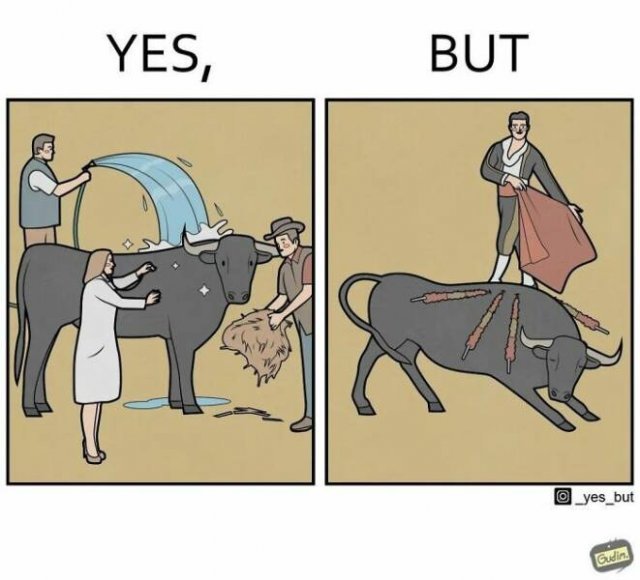





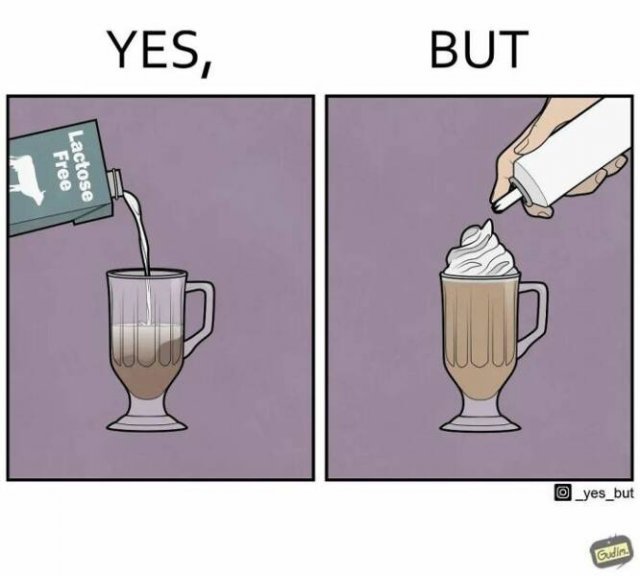
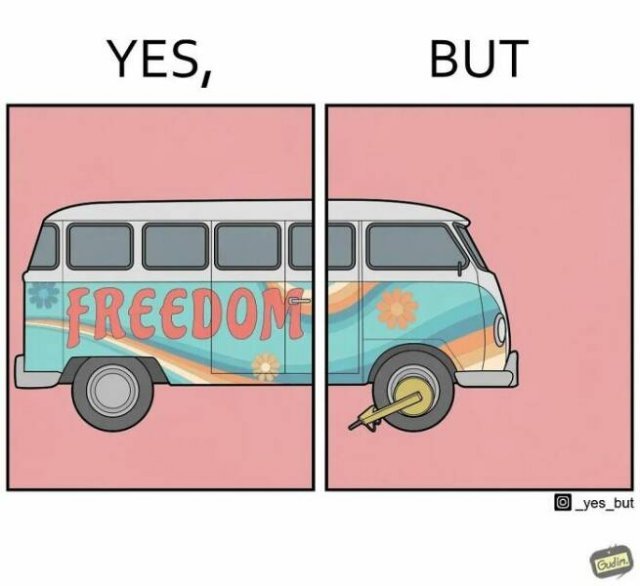
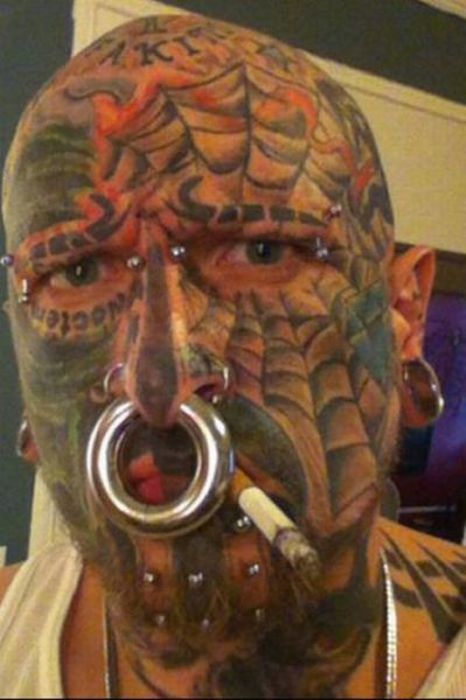
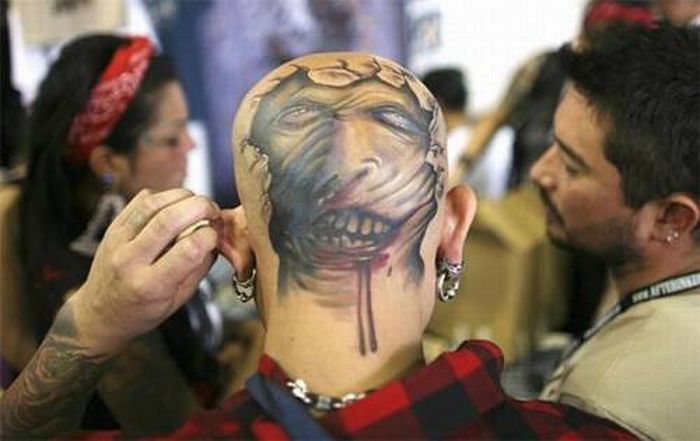
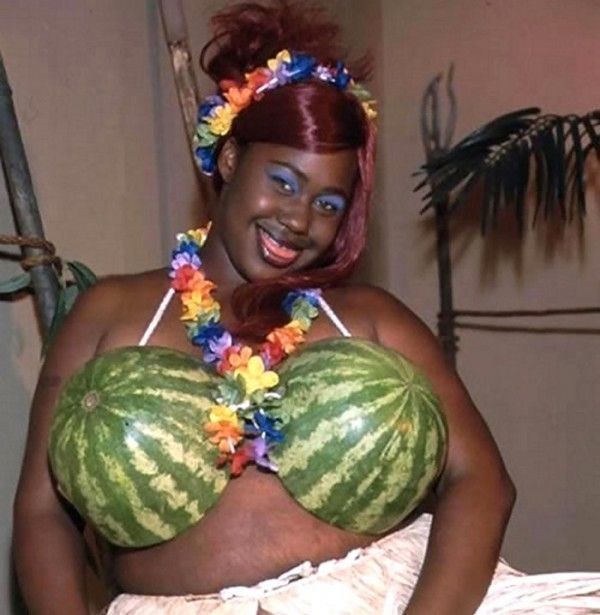
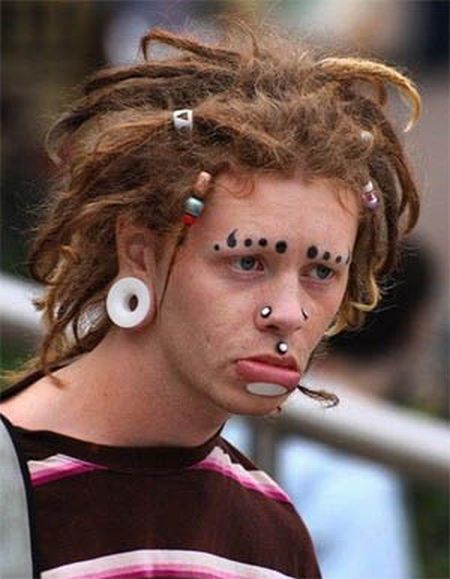
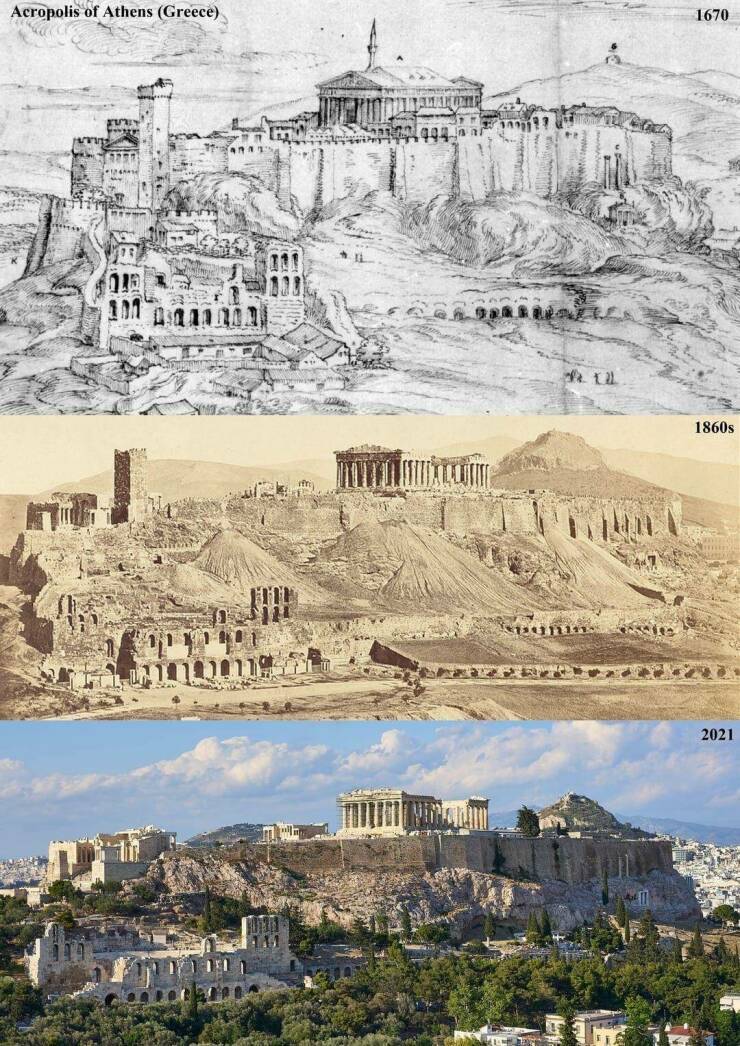
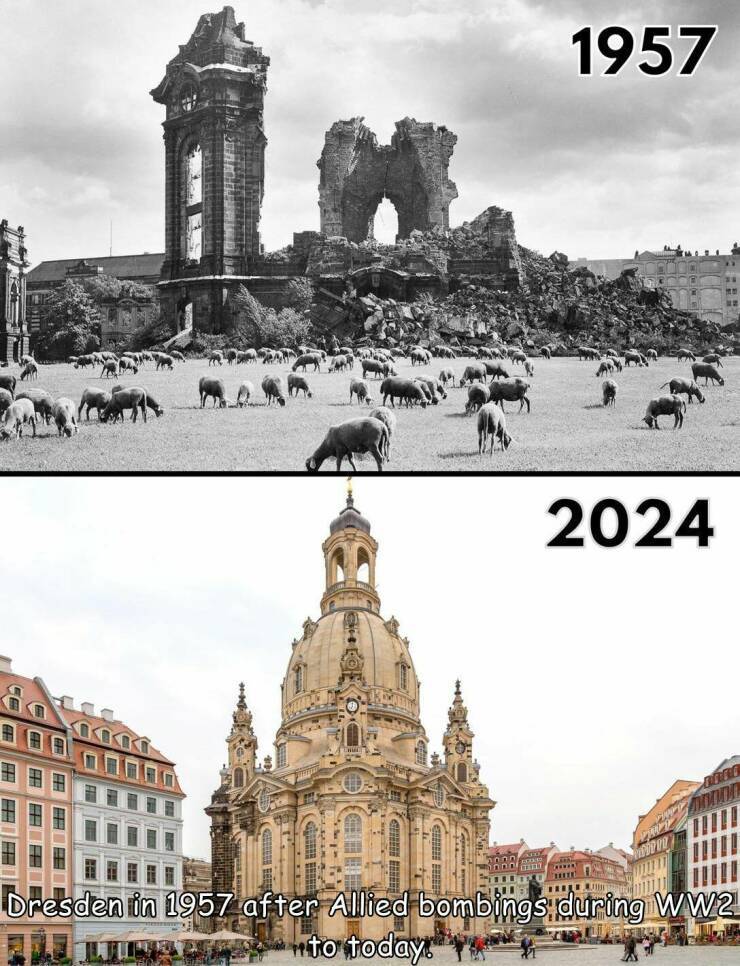

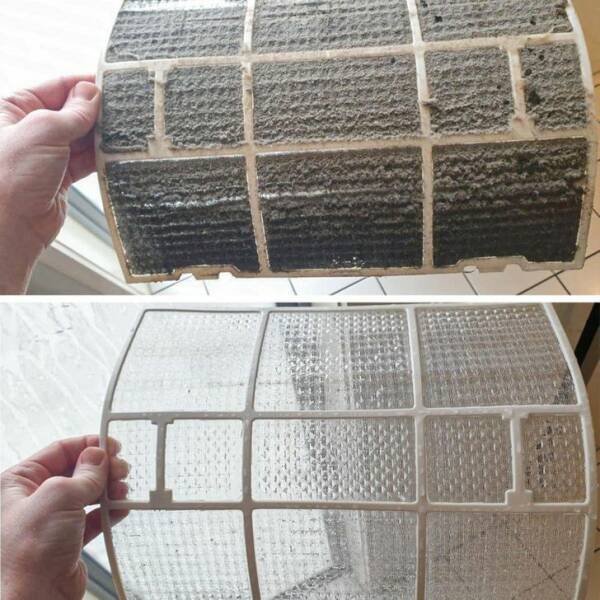
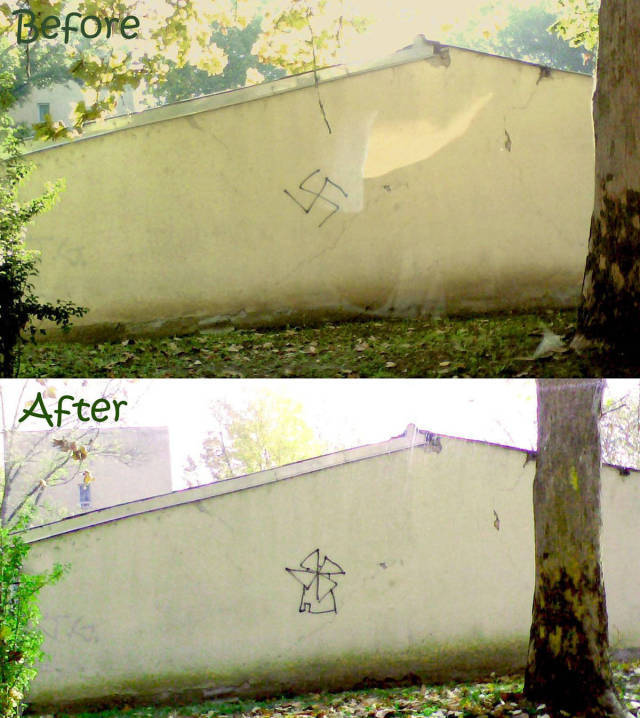
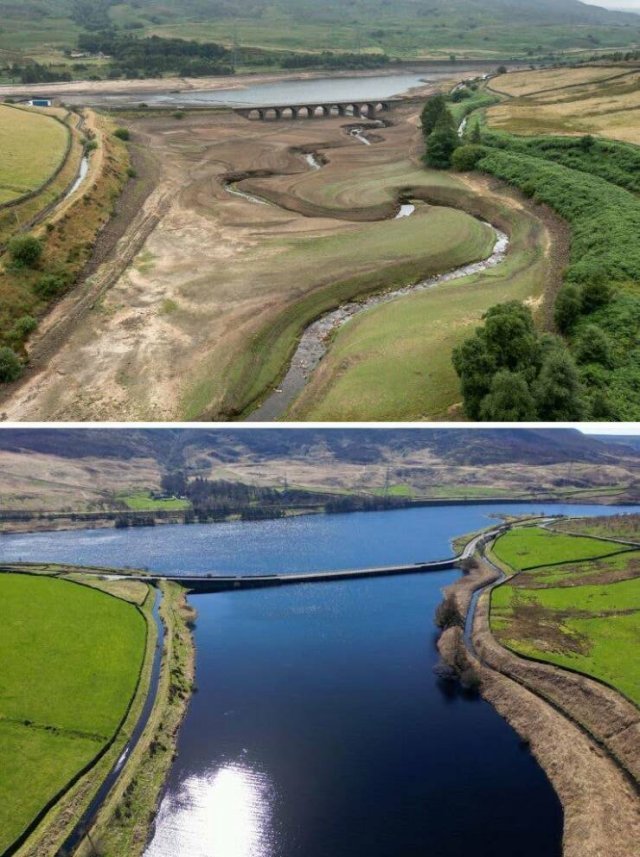
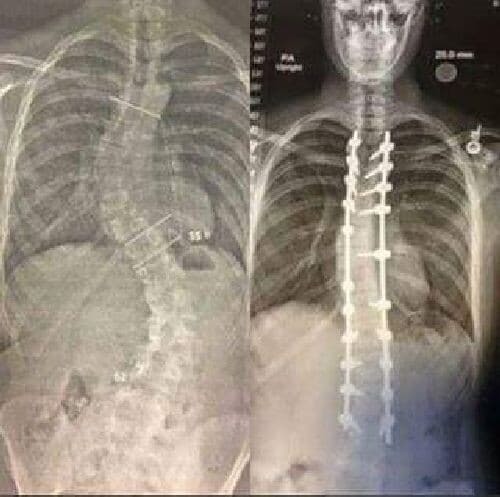
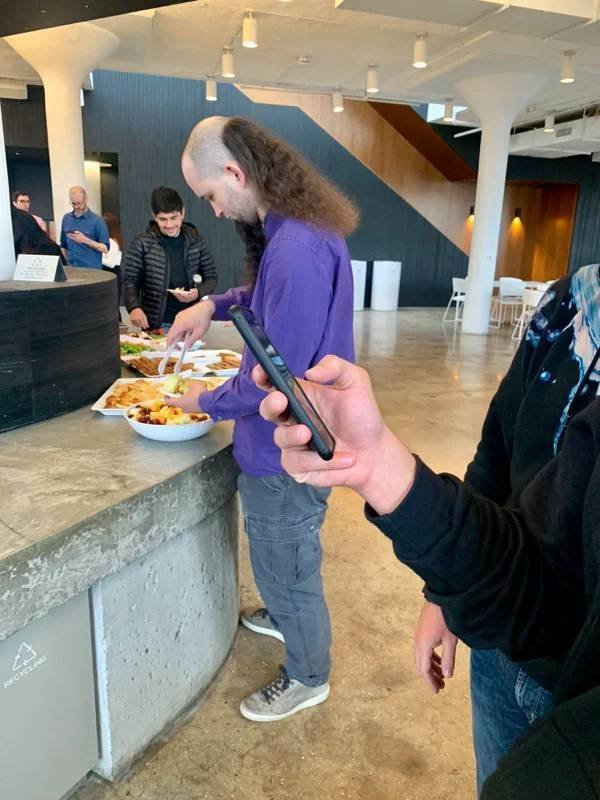

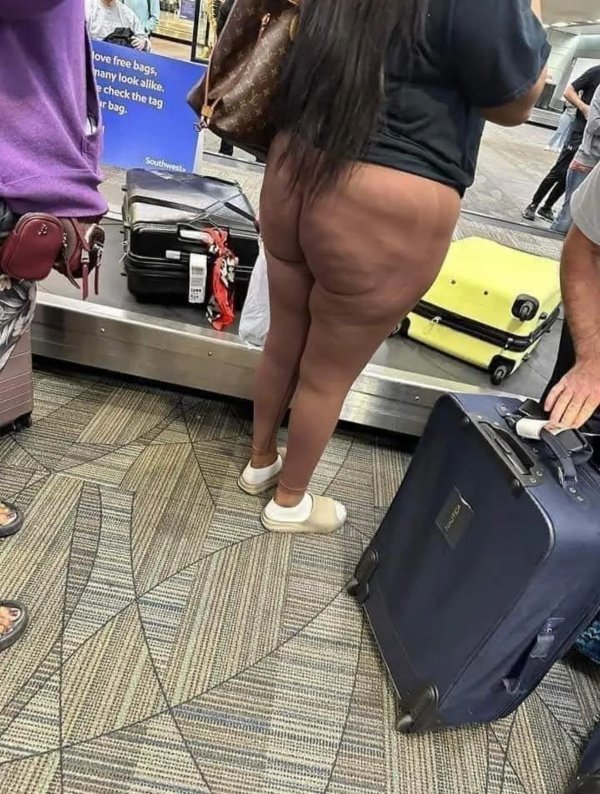
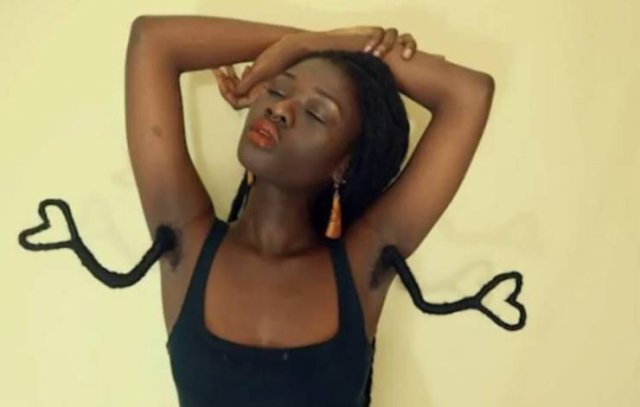
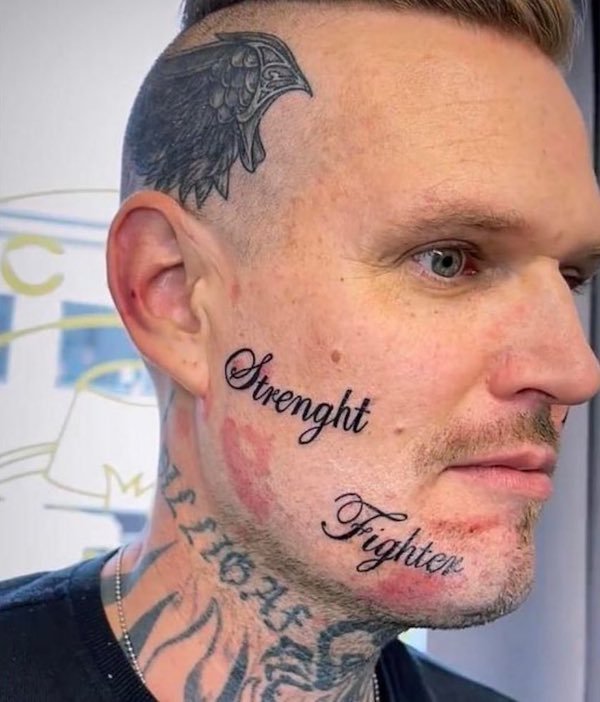

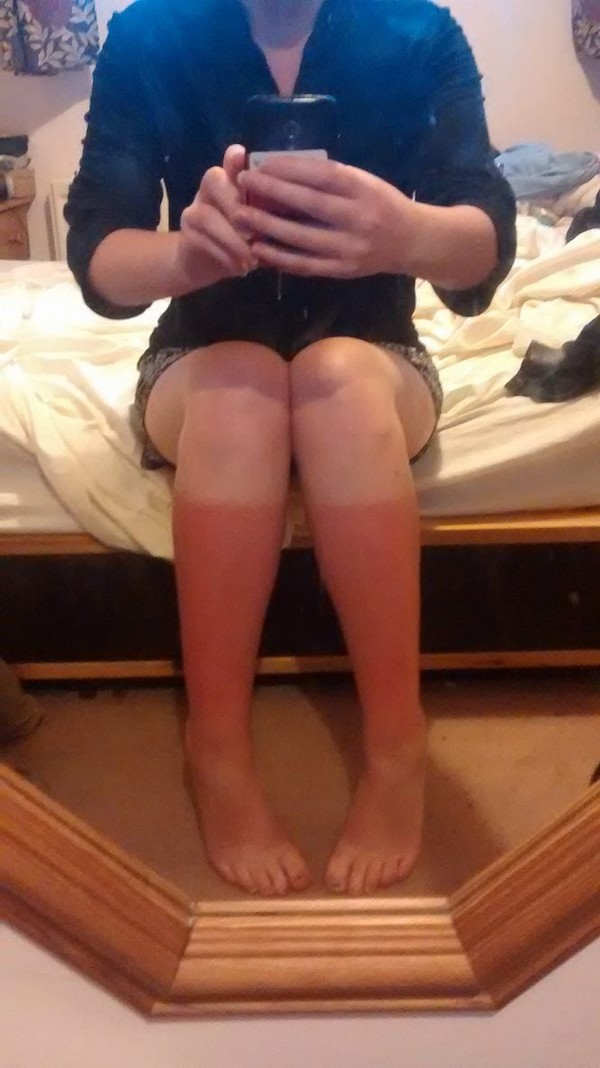
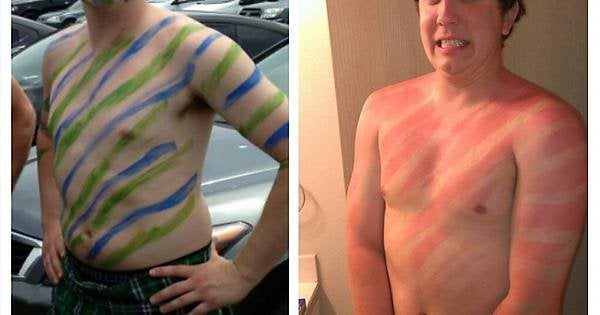
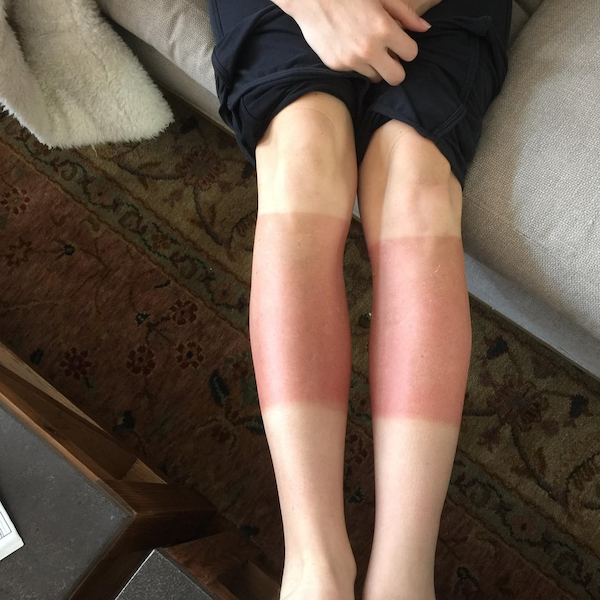
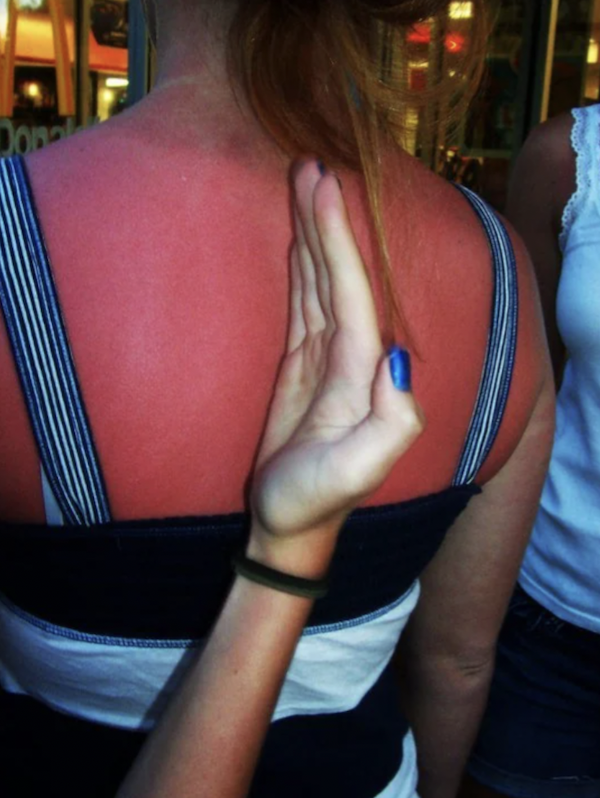

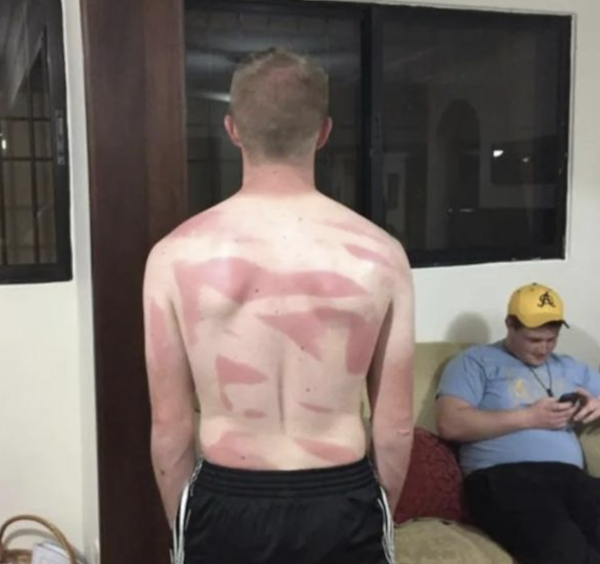
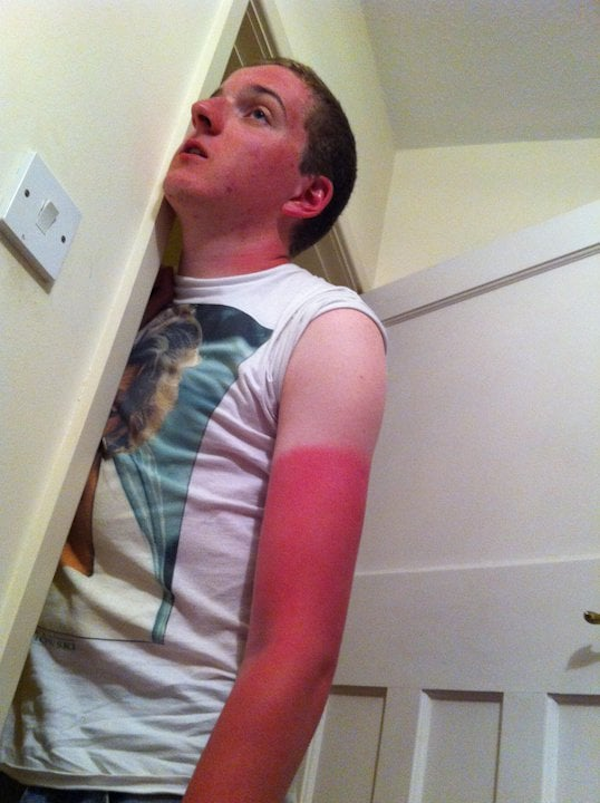
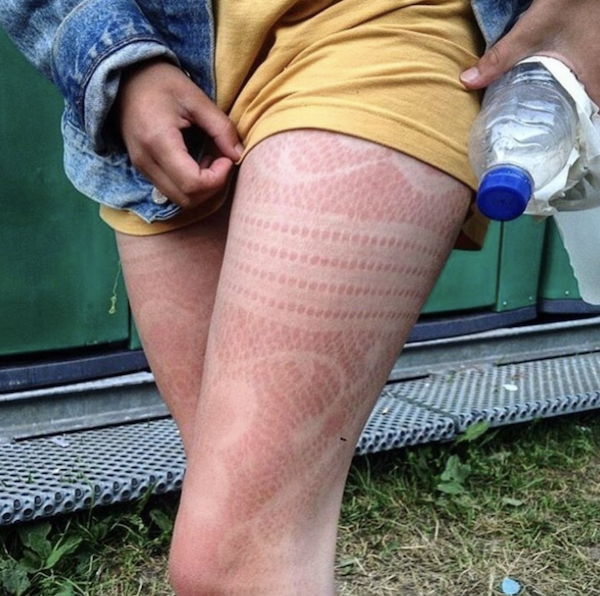
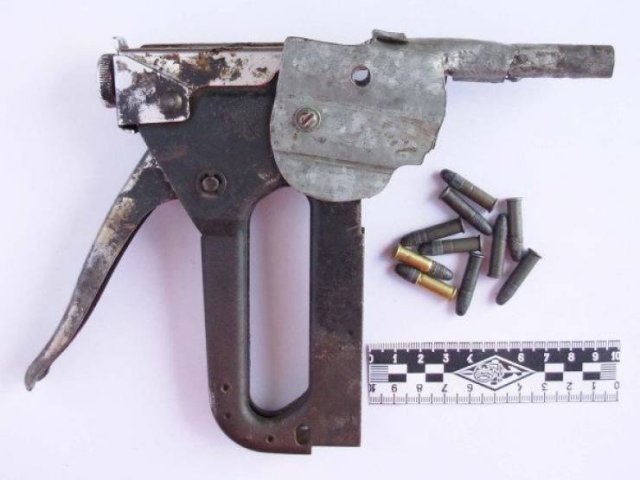
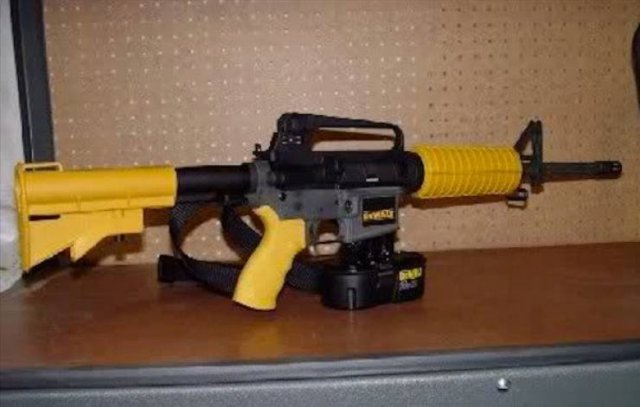
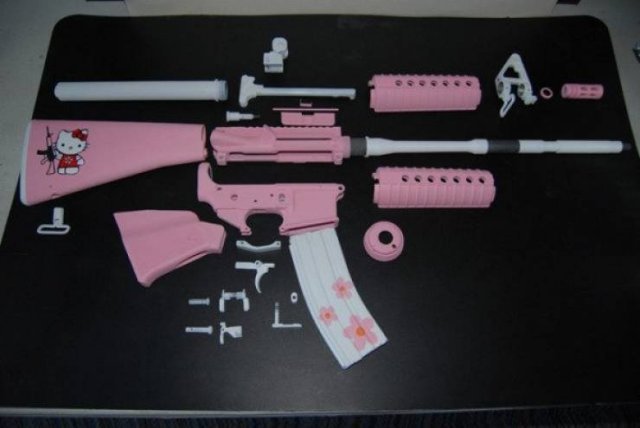
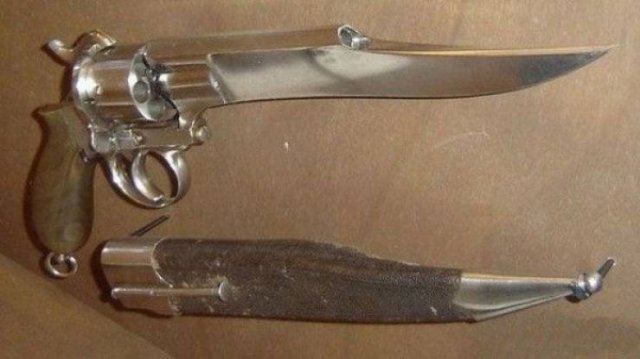
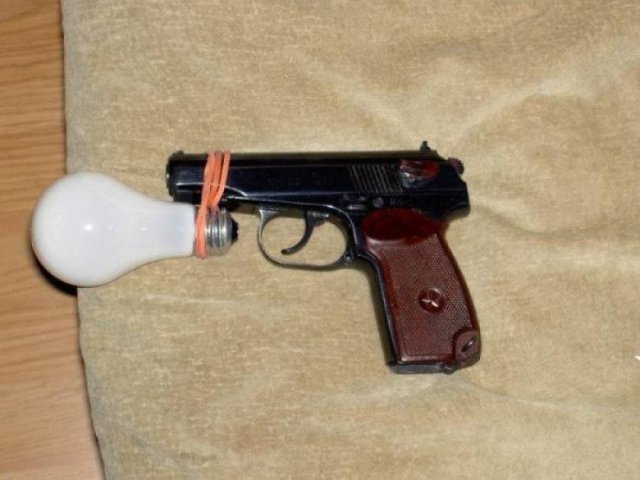
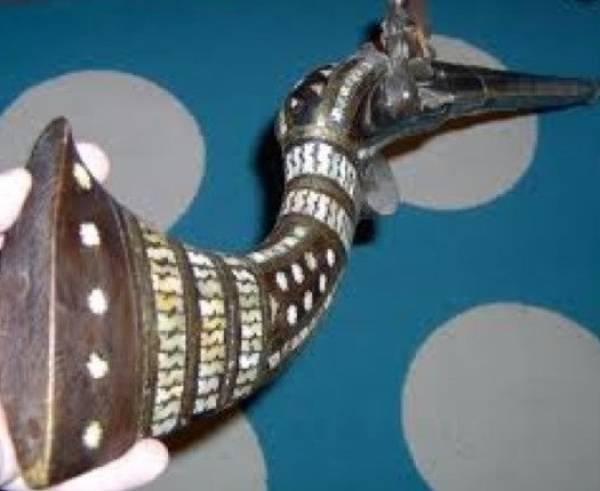
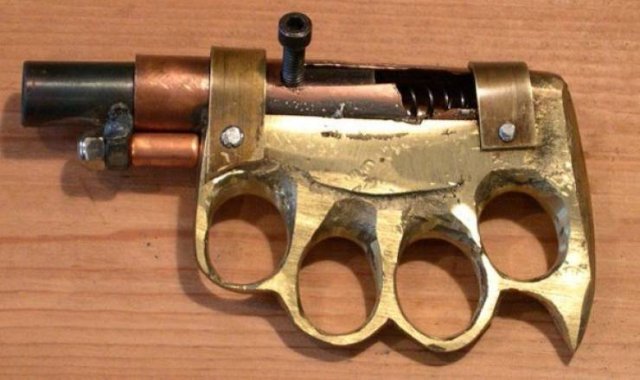
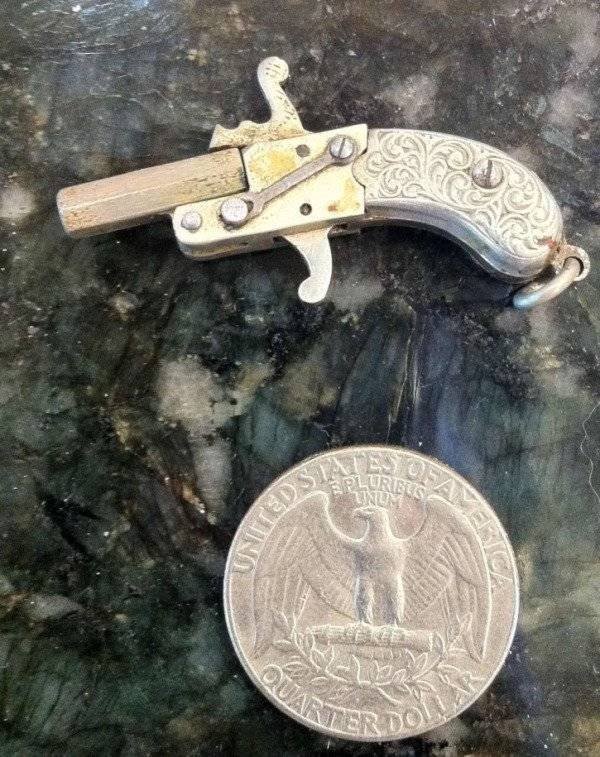
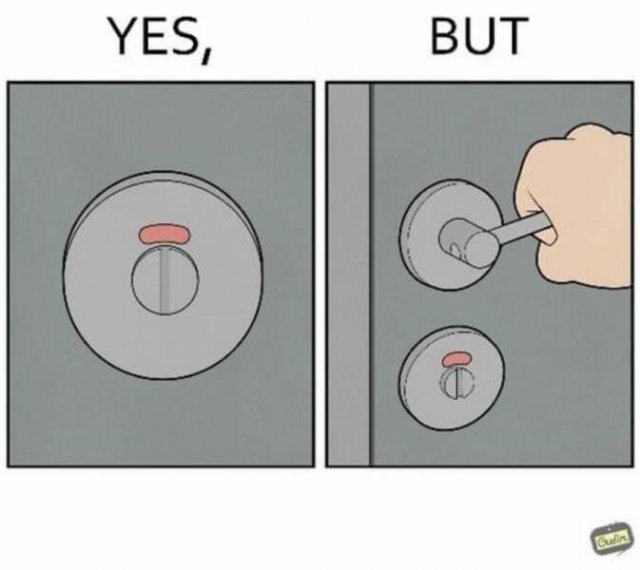

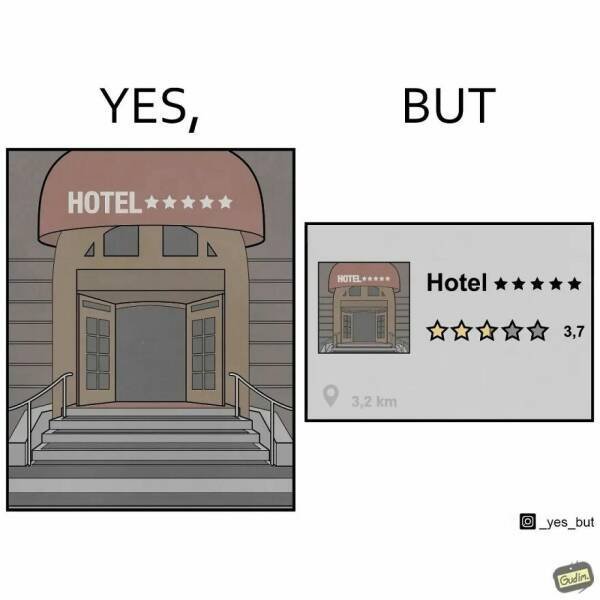




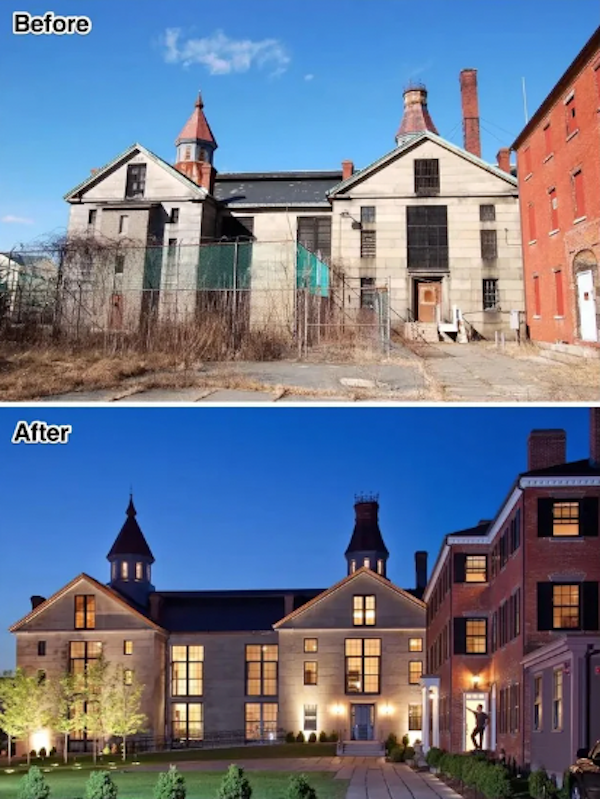
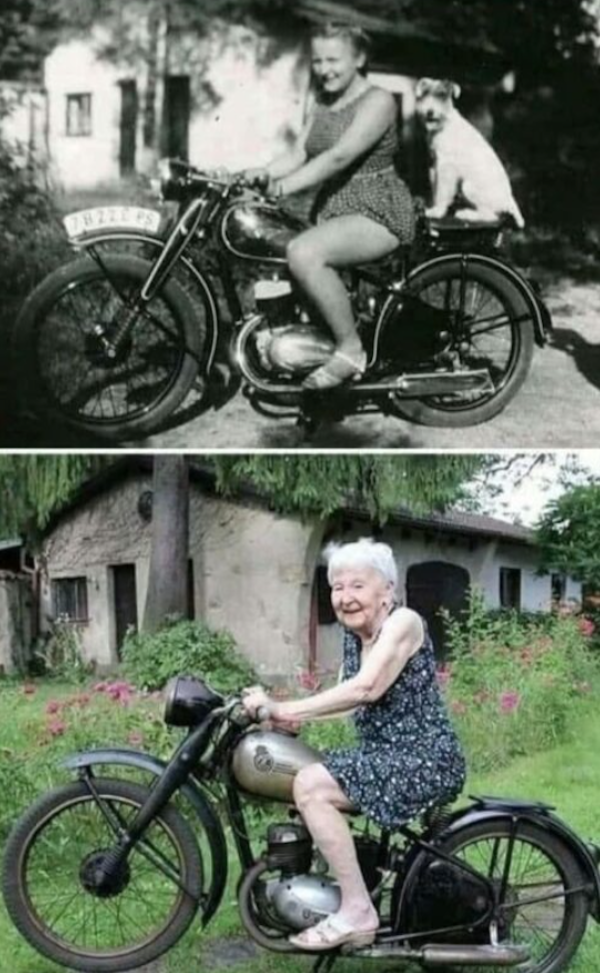
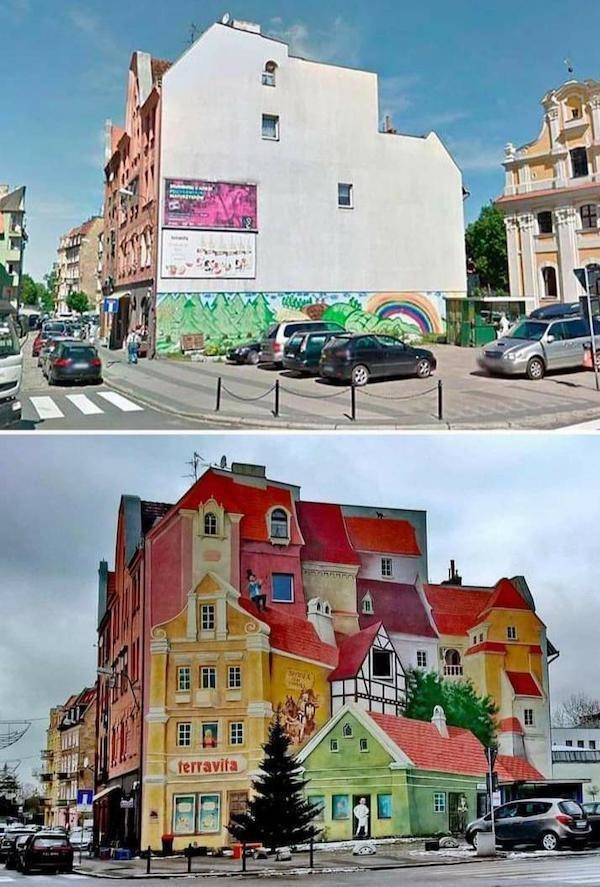
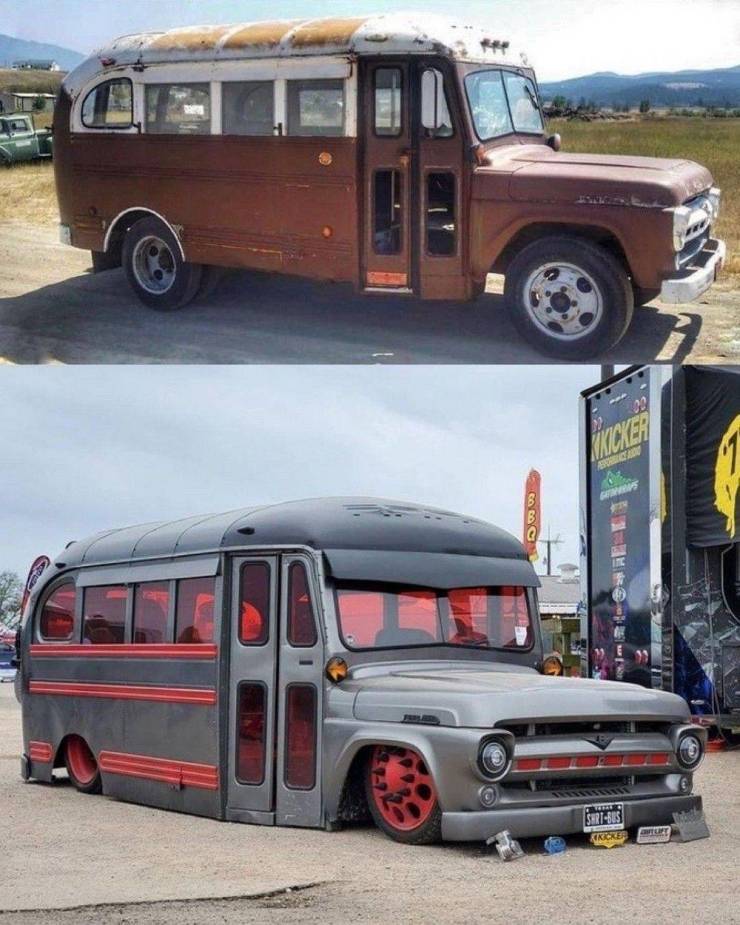

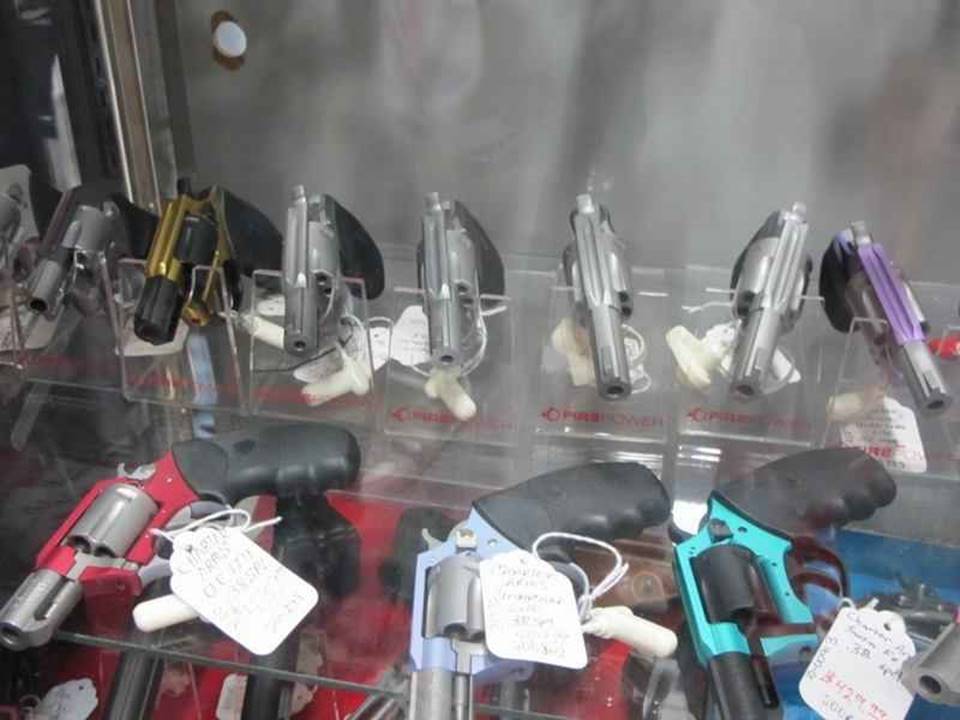
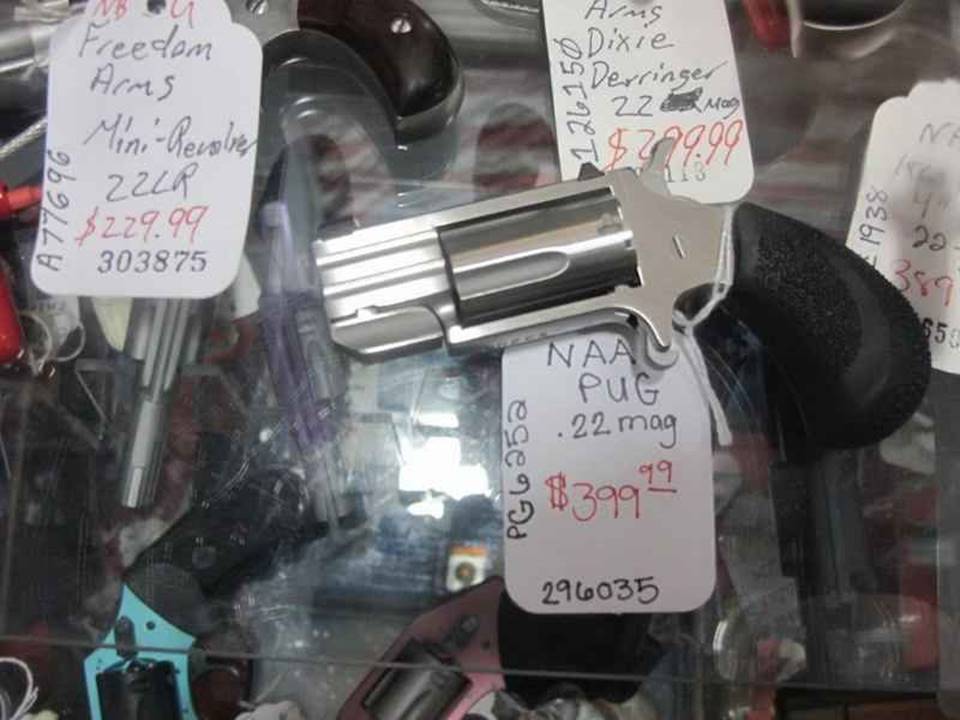
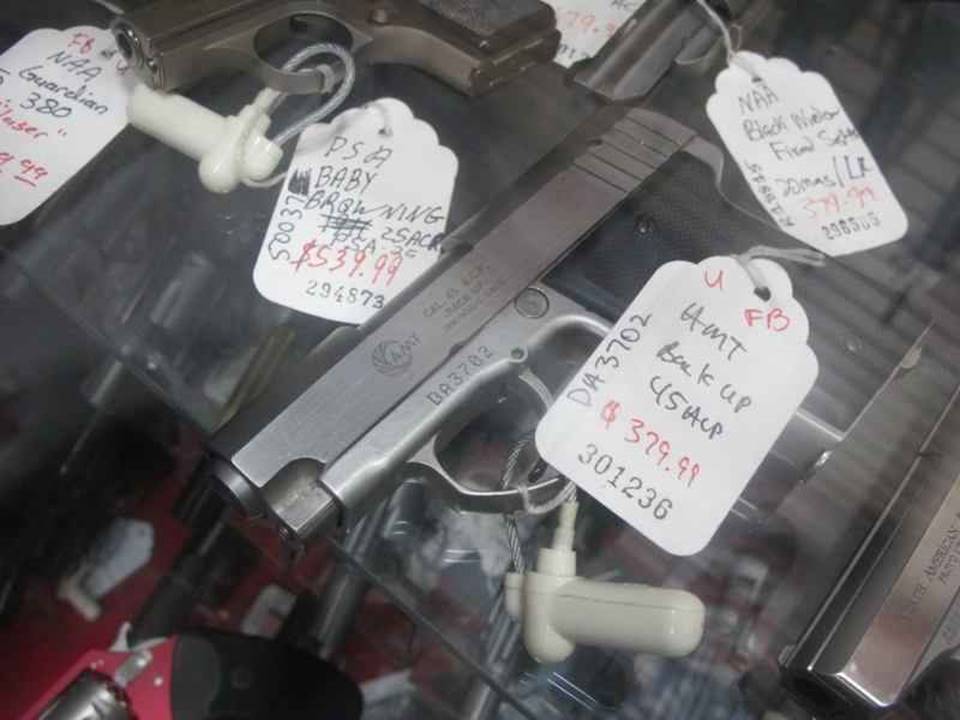
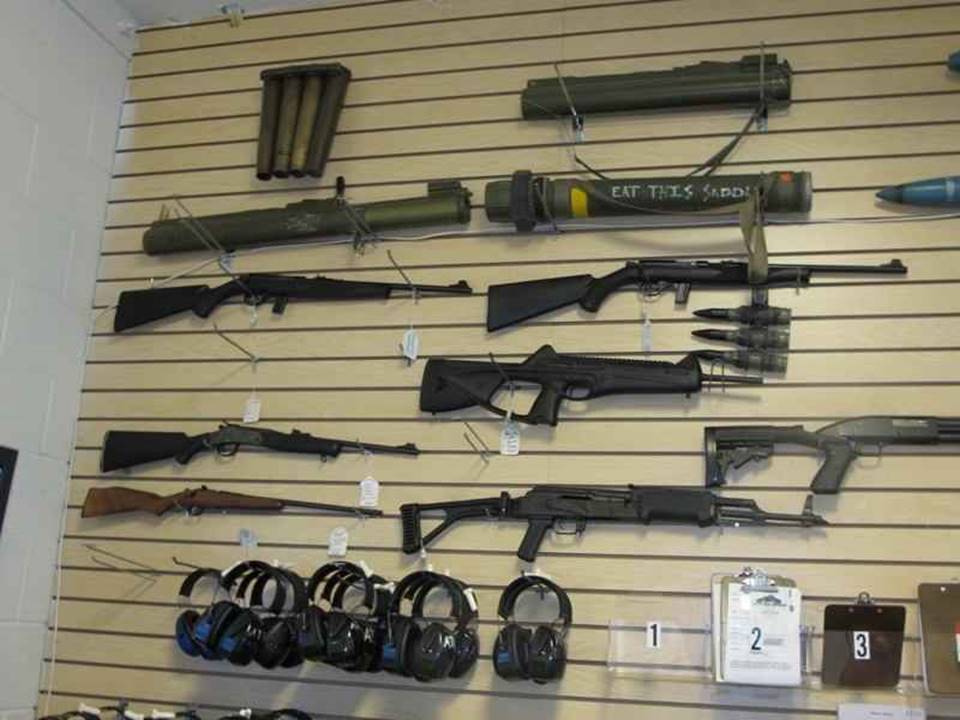
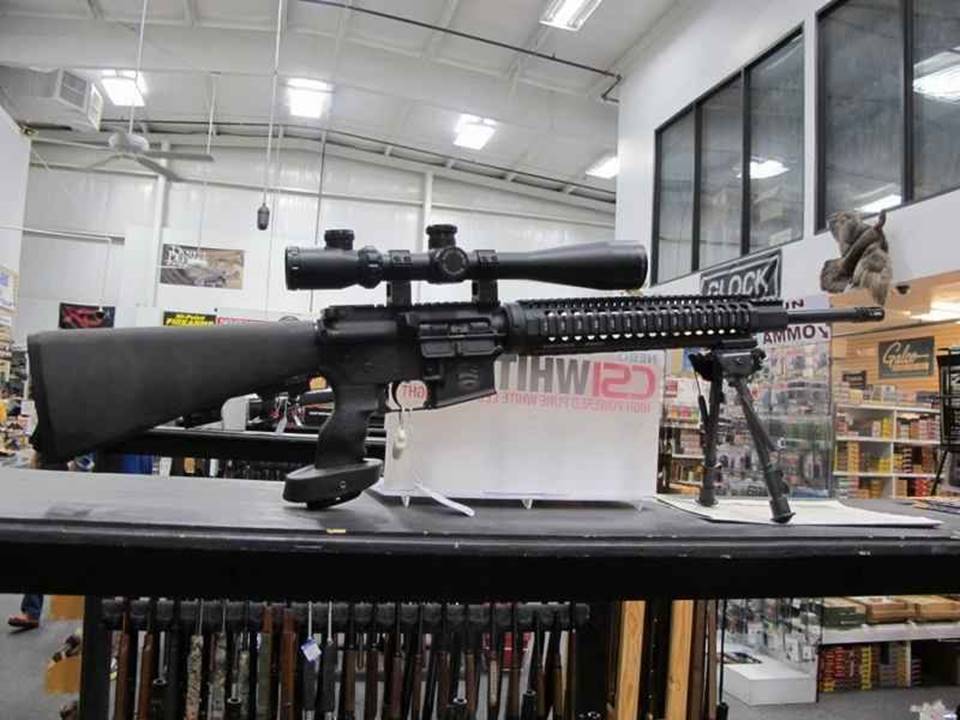
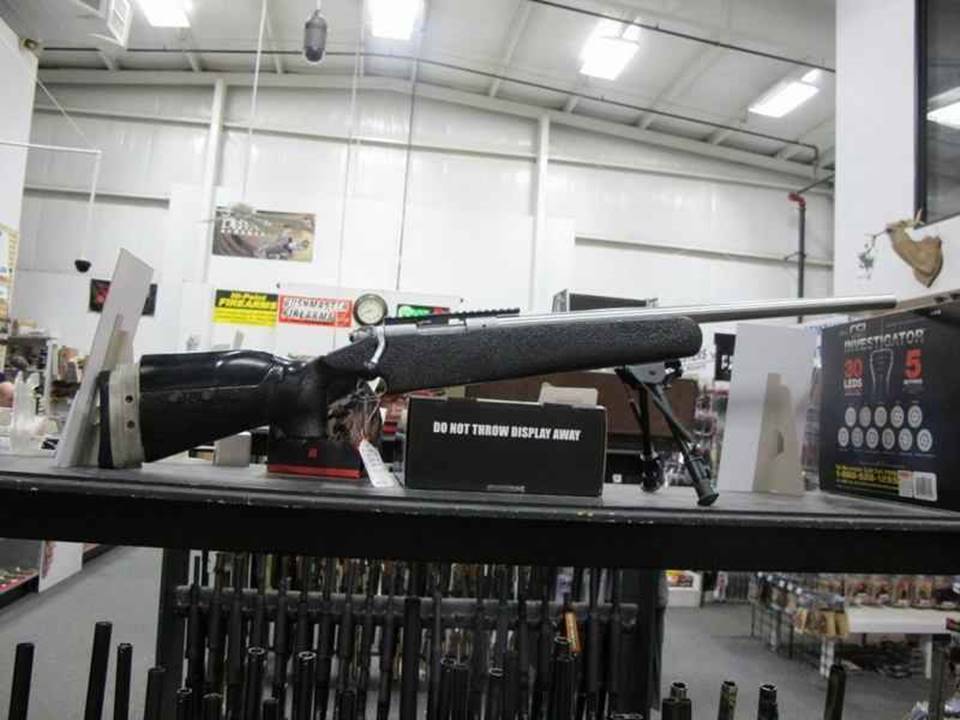
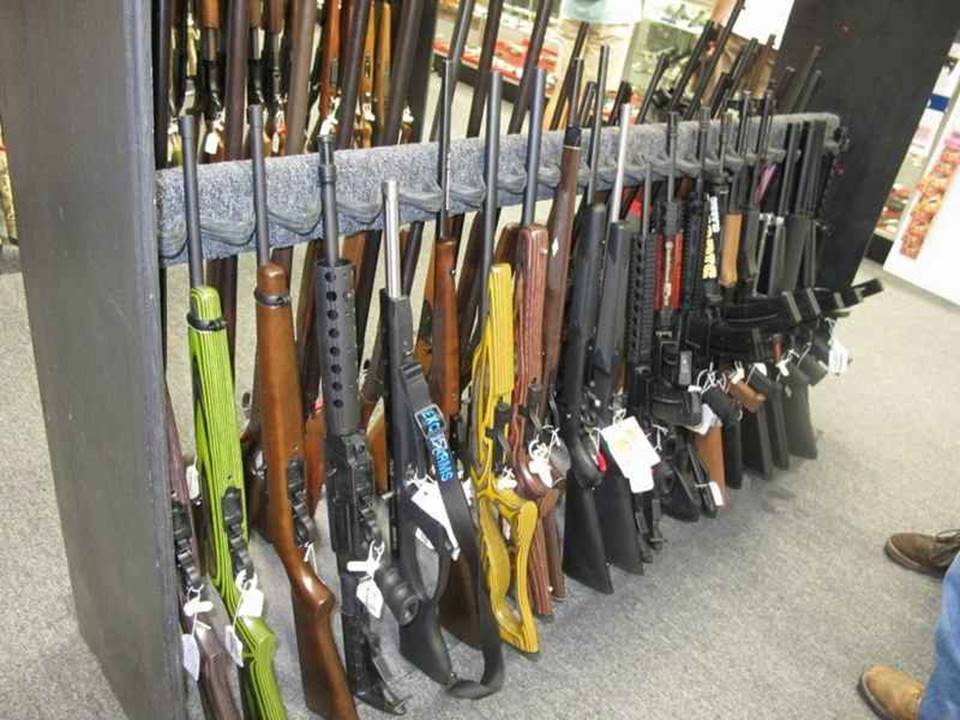
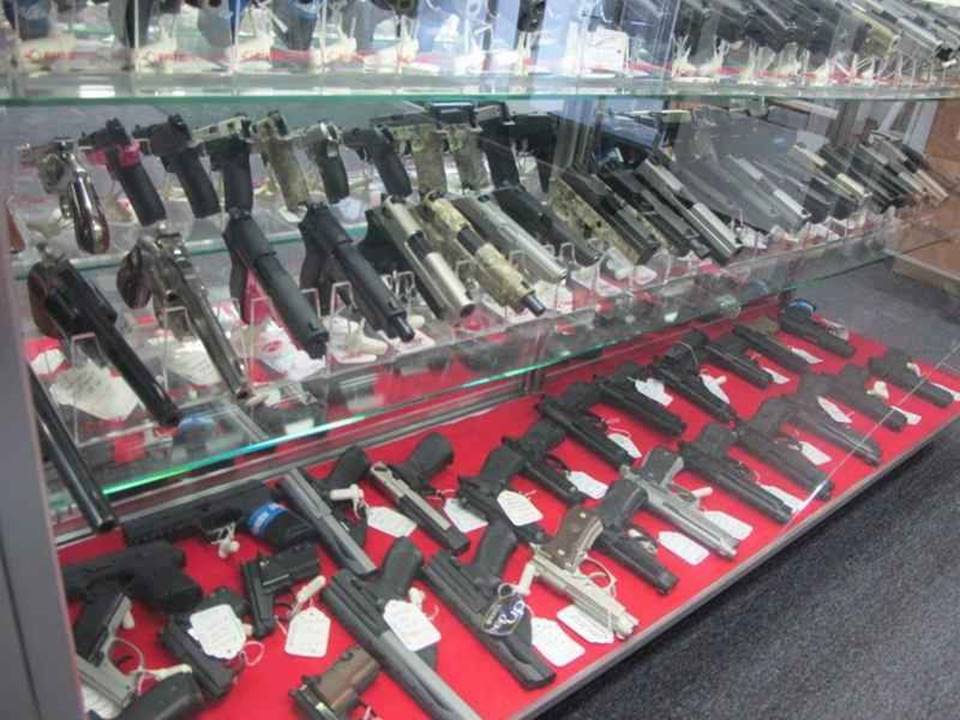



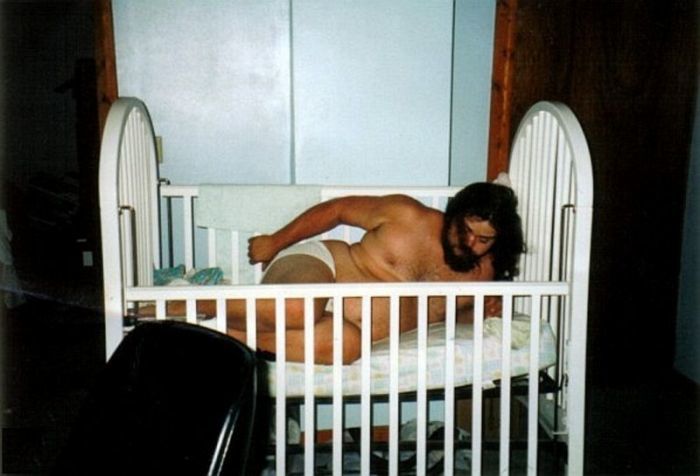
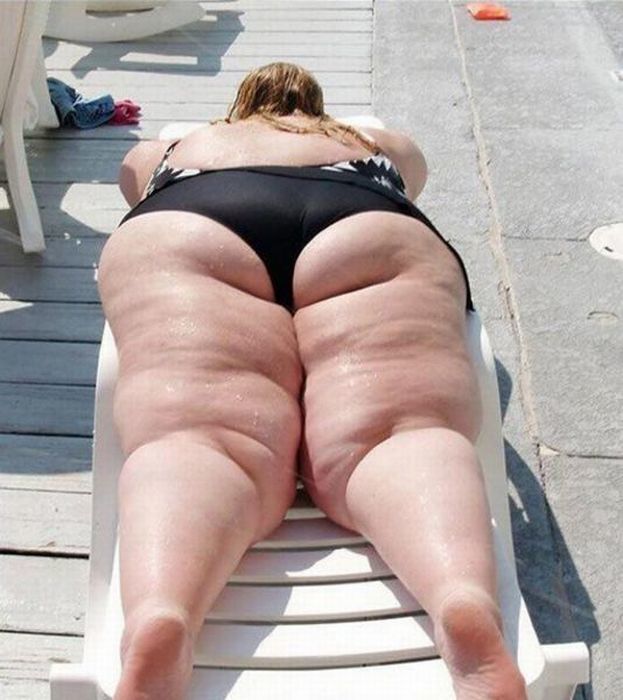
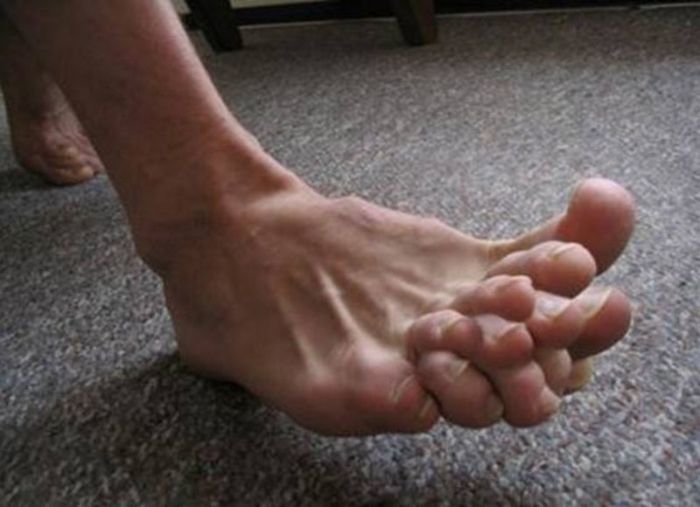
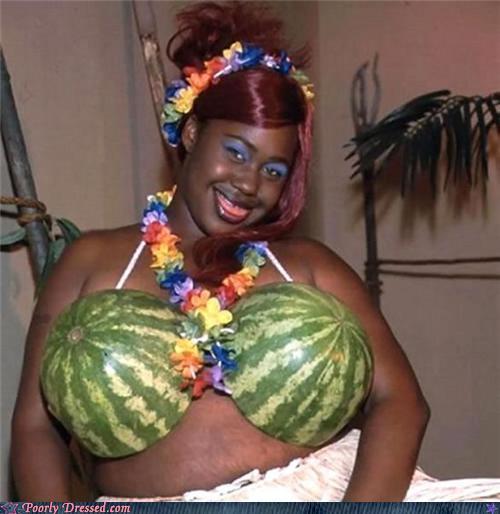
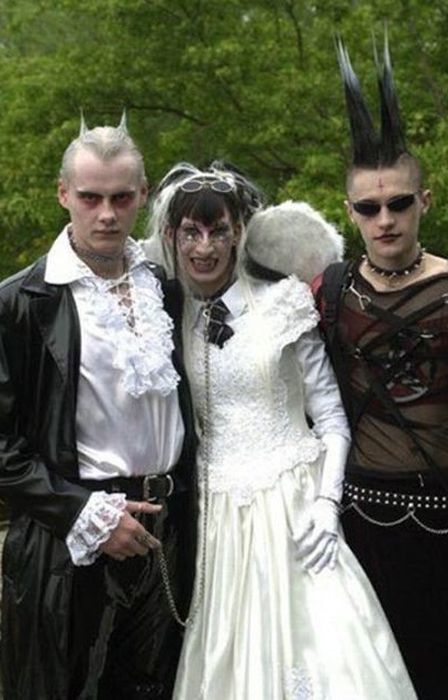

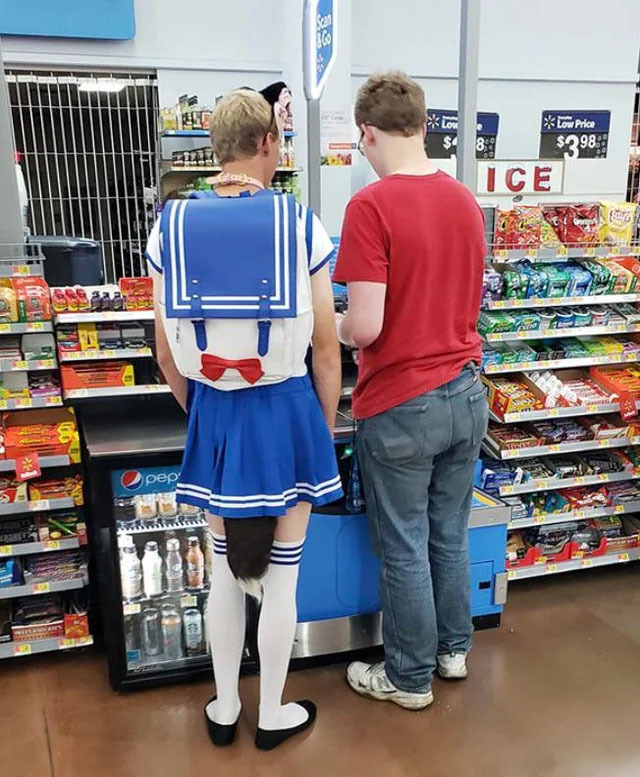

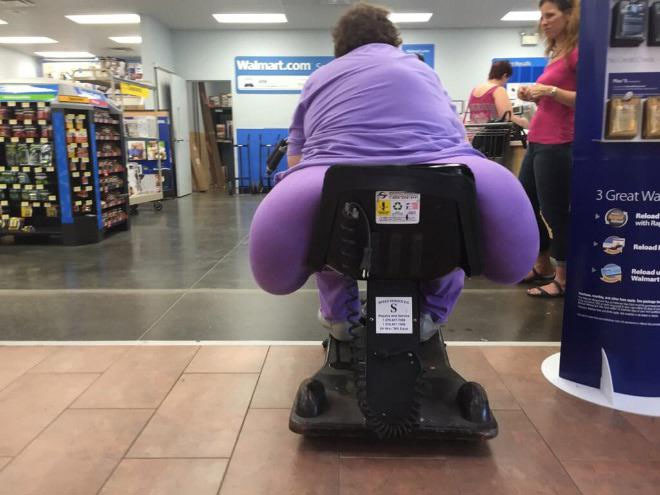


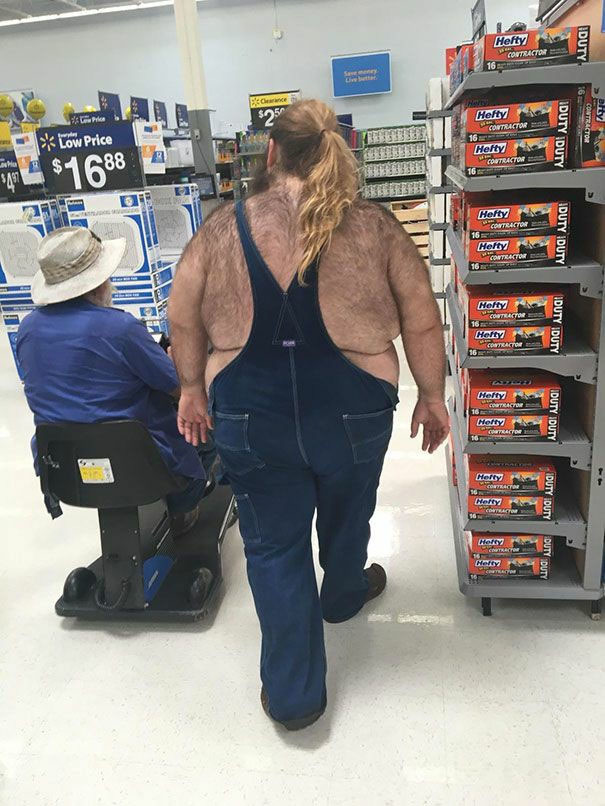

» Disneyland vacation
» UP & COMERS
» WGT POETRY , QUOTES , MOMENTS , & MORE
» Word Genius Word of the day * Spindrift *
» Tales of Miurag #3 in Paperback Patreon Story in December!
» Download WhatsApp
» WORD DAILY Word of the Day: * Saponaceous *
» Word Genius Word of the day * Infracaninophile *
» THE TRUMP DUMP .....
» INTERESTING FACTS * How do astronauts vote from space? *
» WWE Crown Jewel is almost here! Don't miss the action LIVE today only on Peacock!
» NEW GUEST COUNTER
» Merriam - Webster Word of the day * ‘Deadhead’ *
» WWE Universe: Your Crown Jewel Broadcast Schedule has arrived!